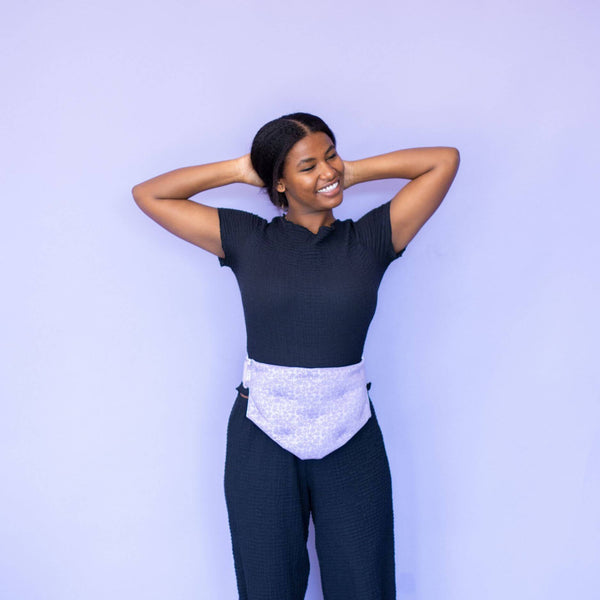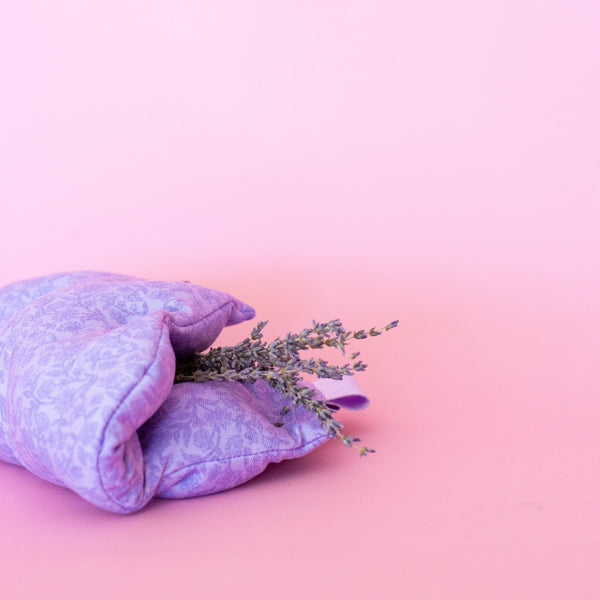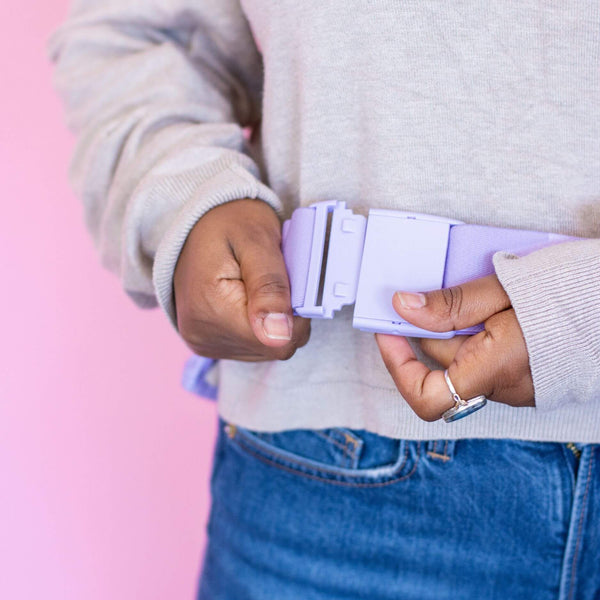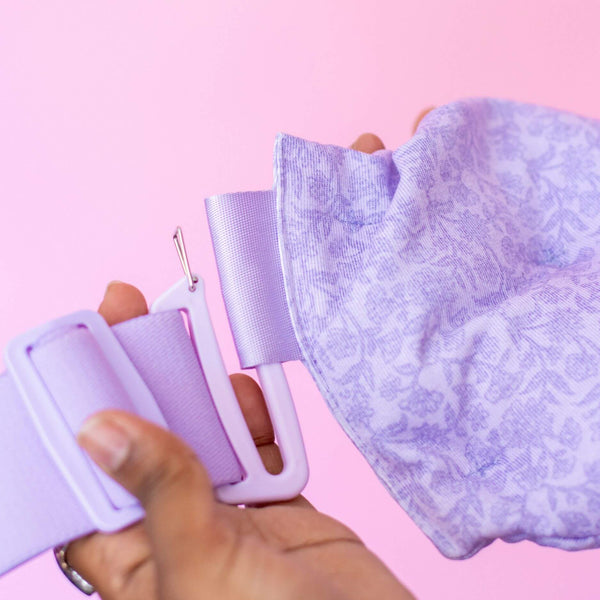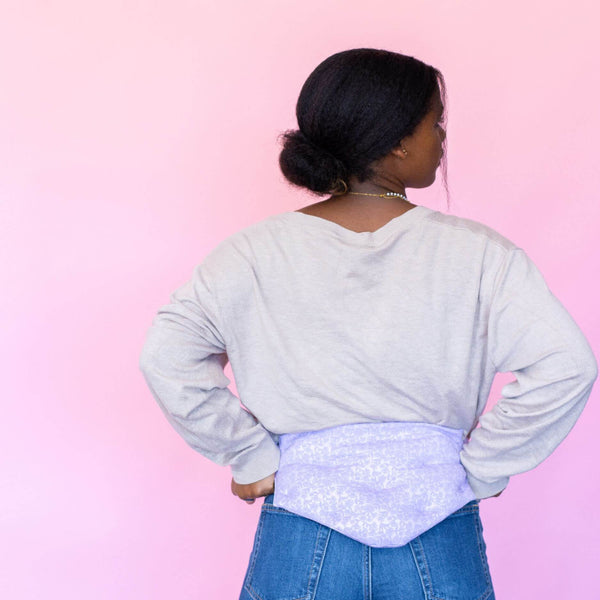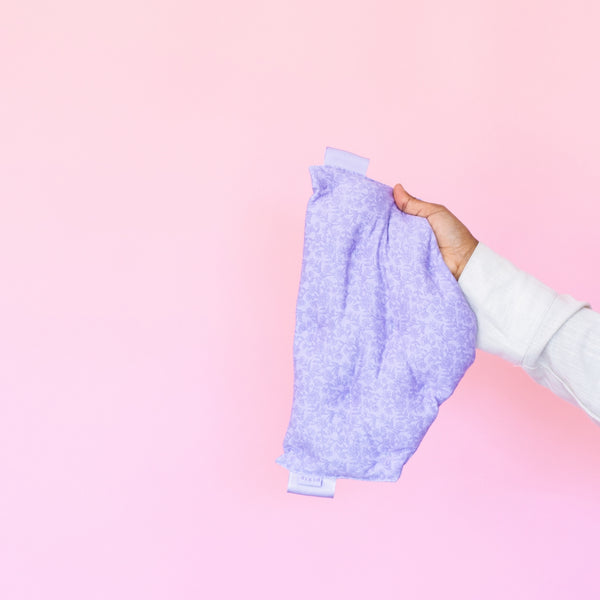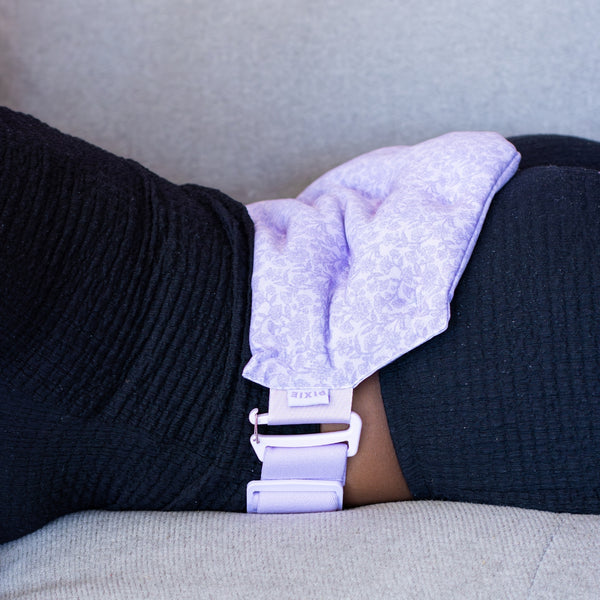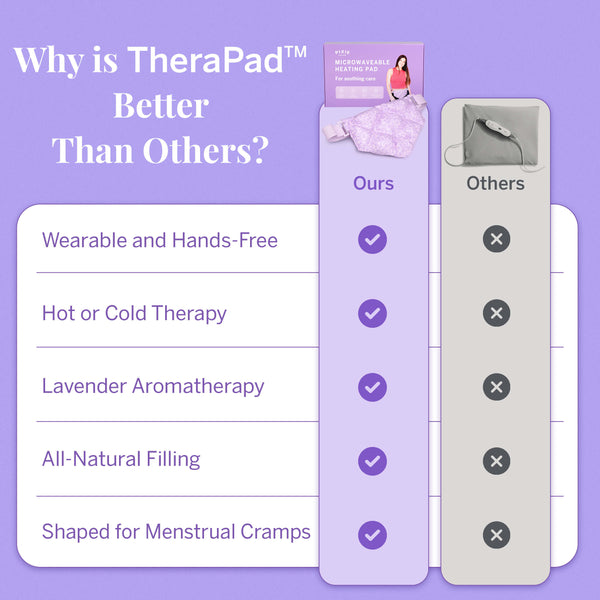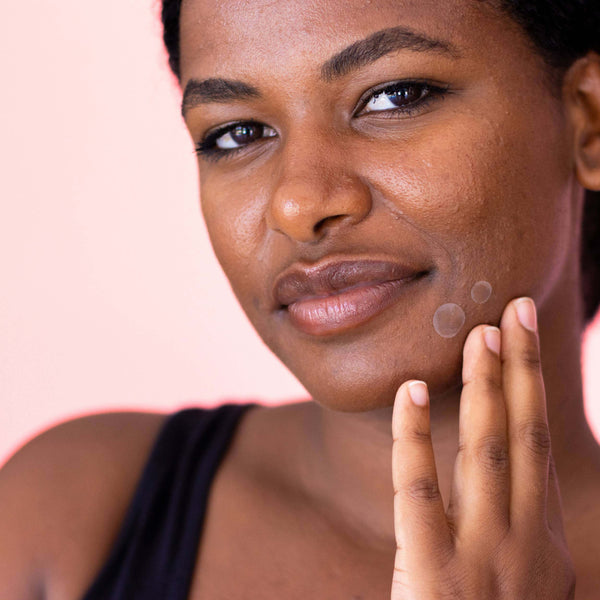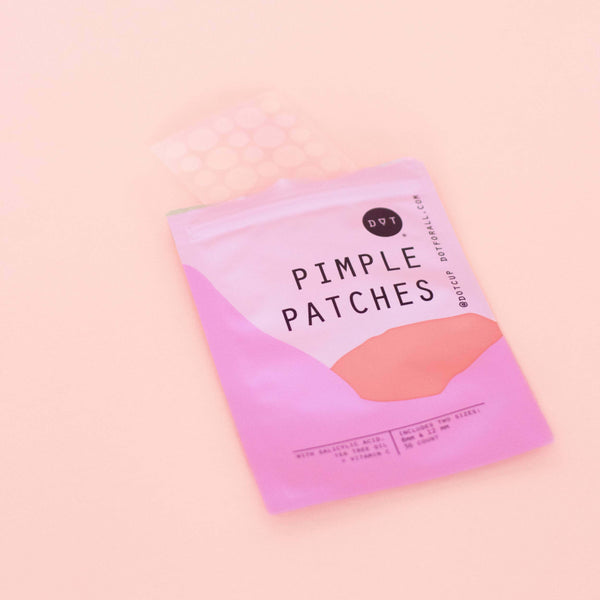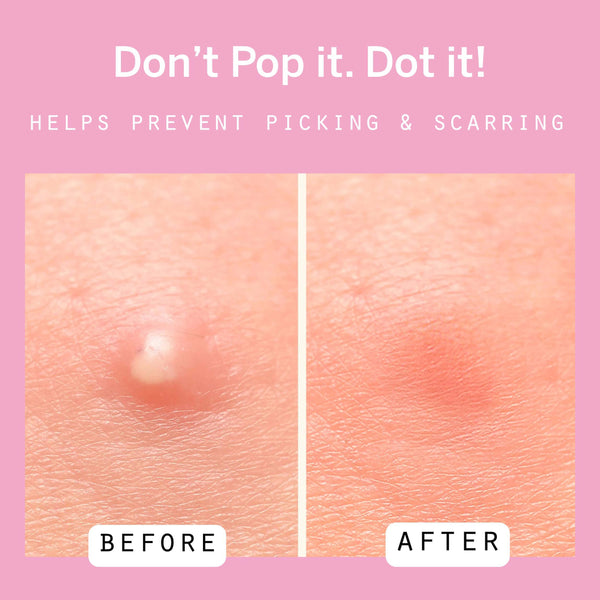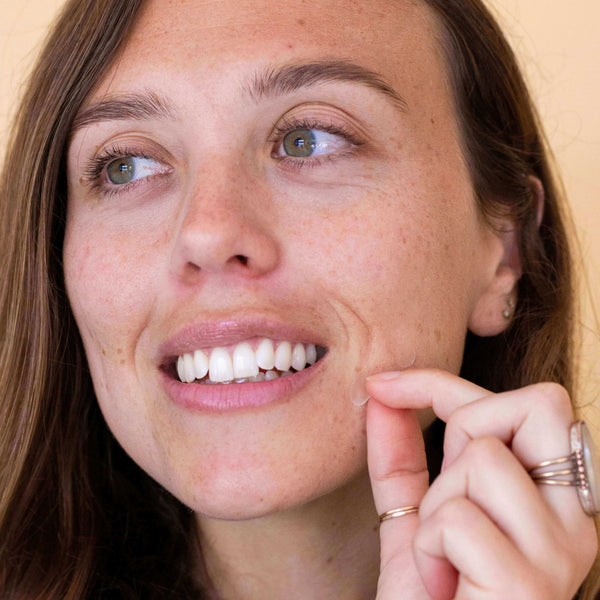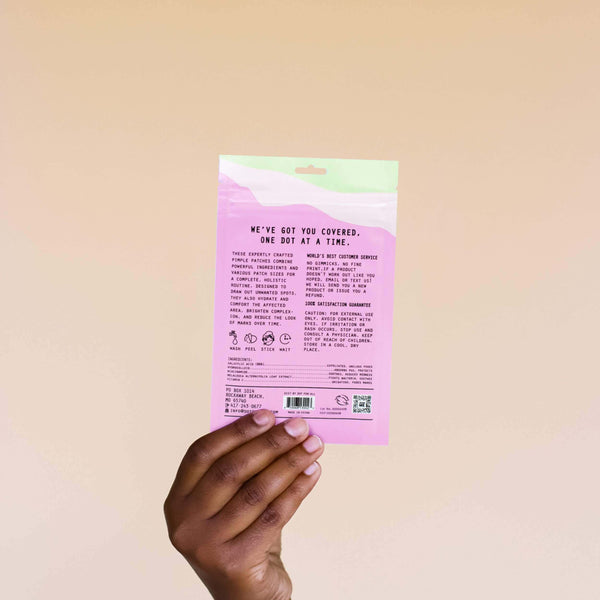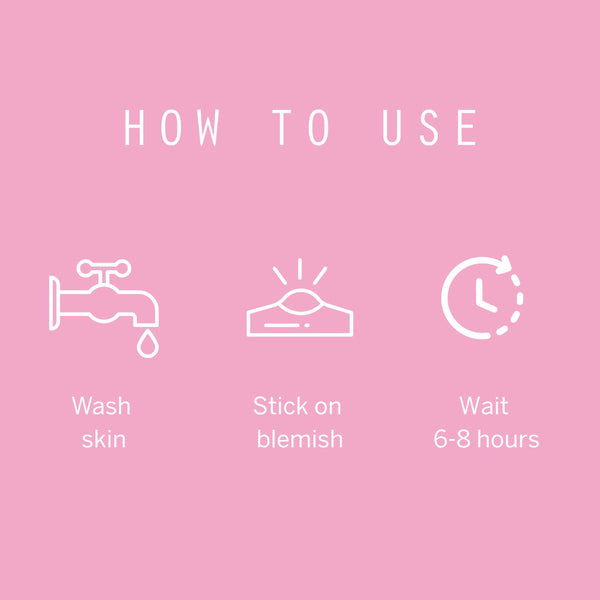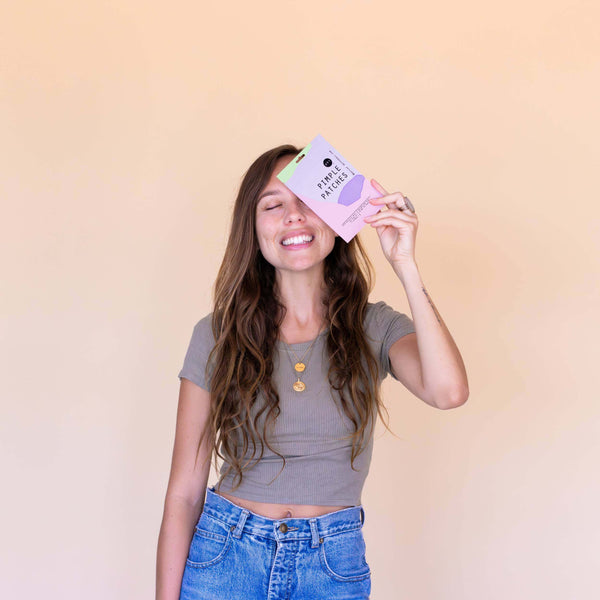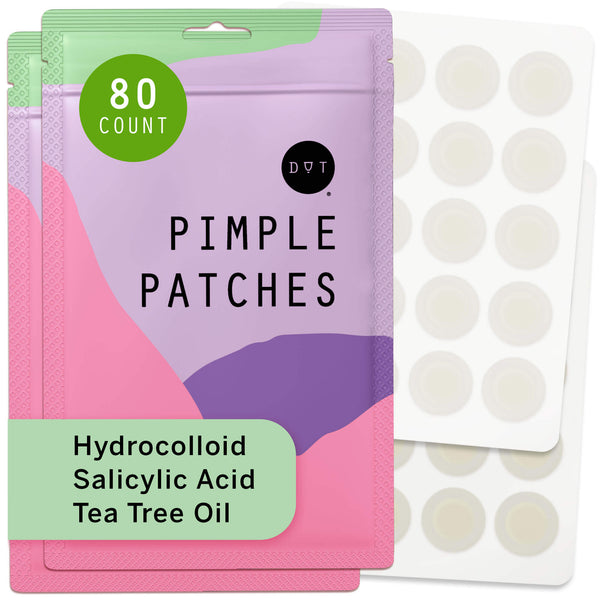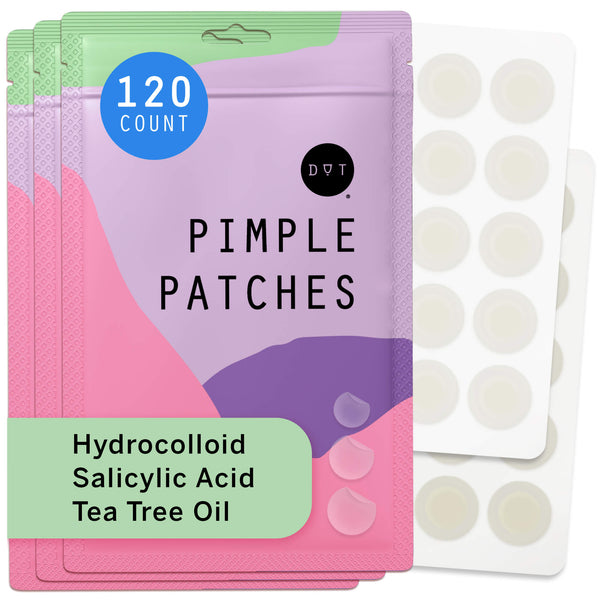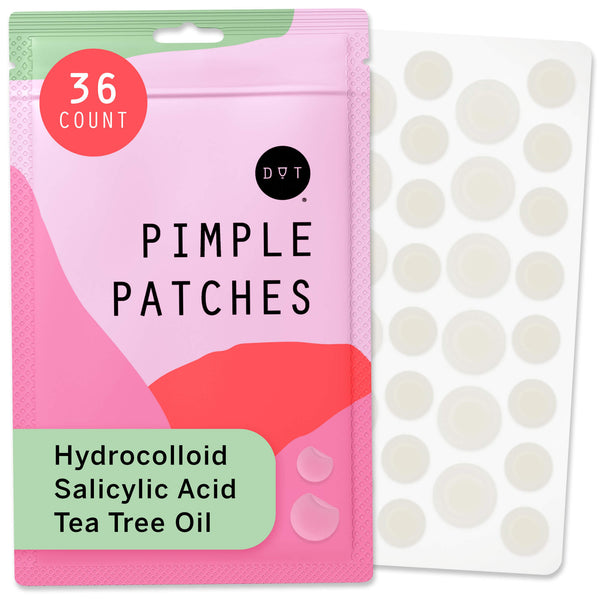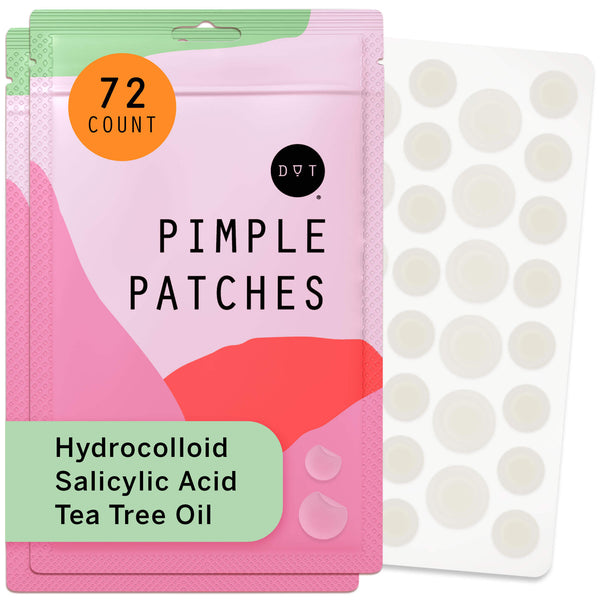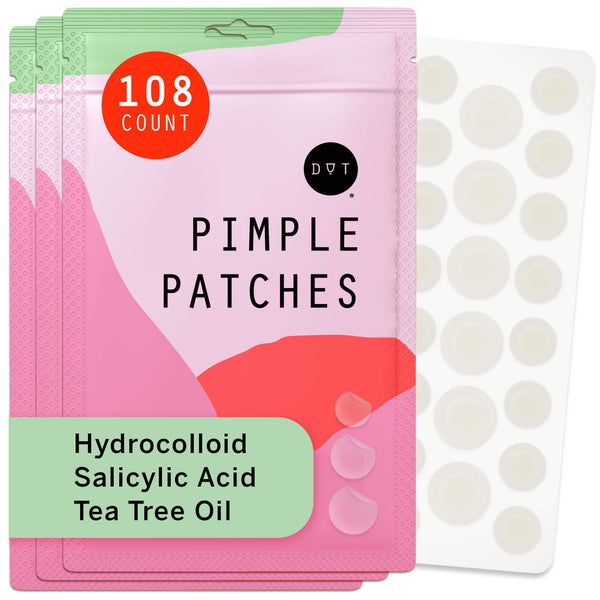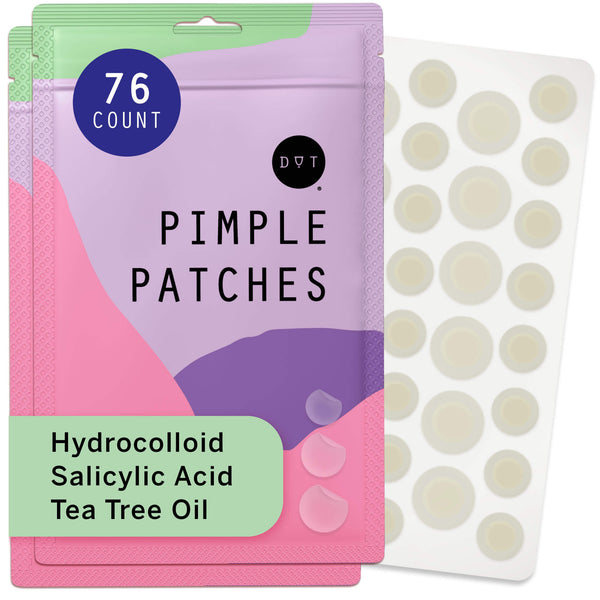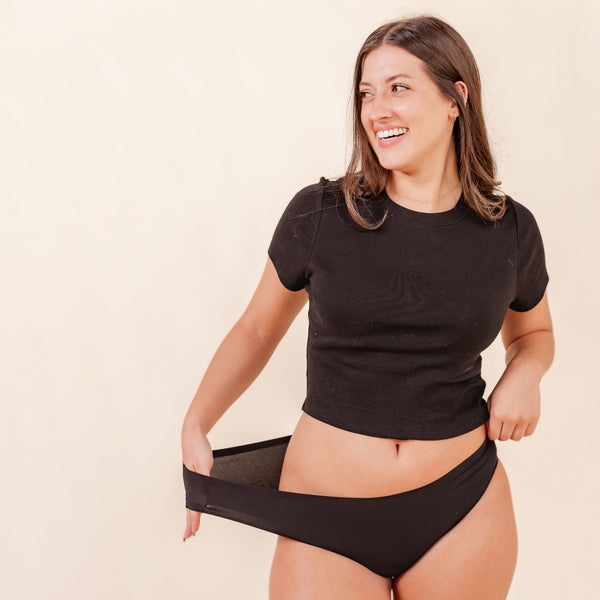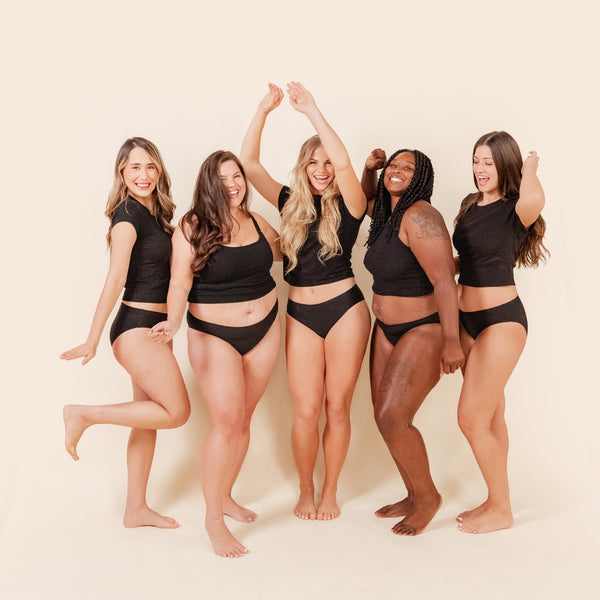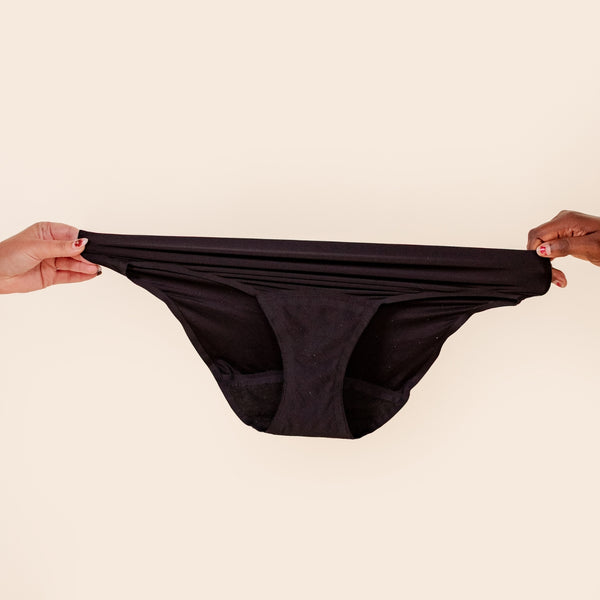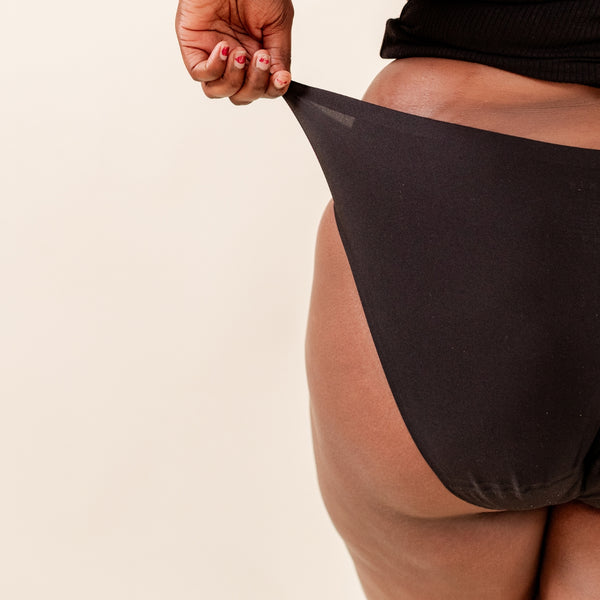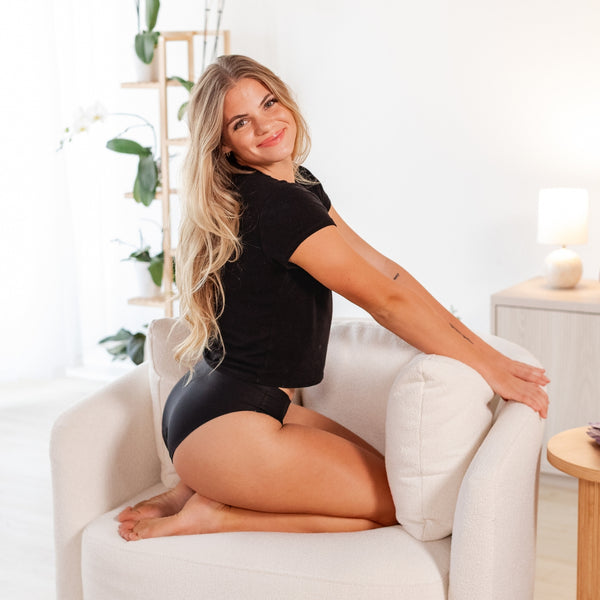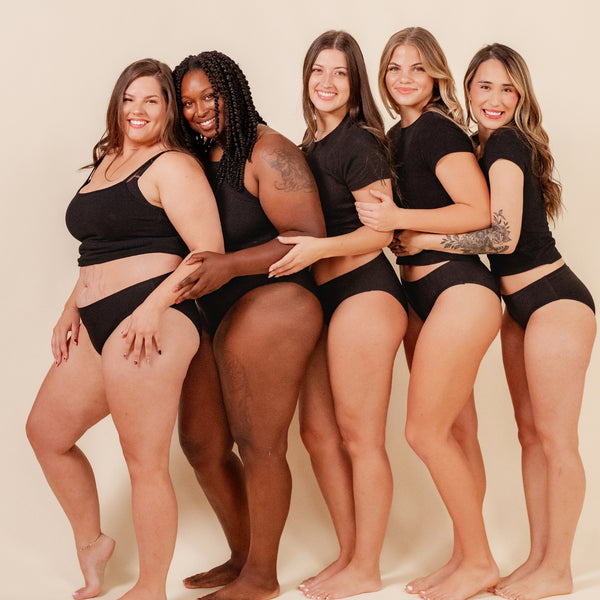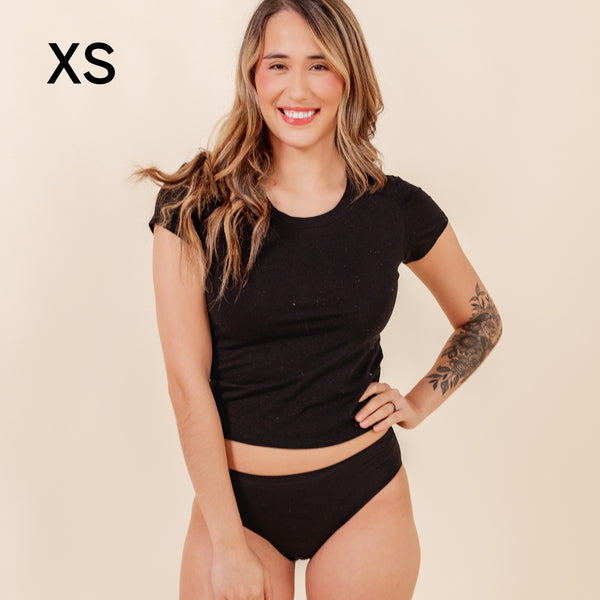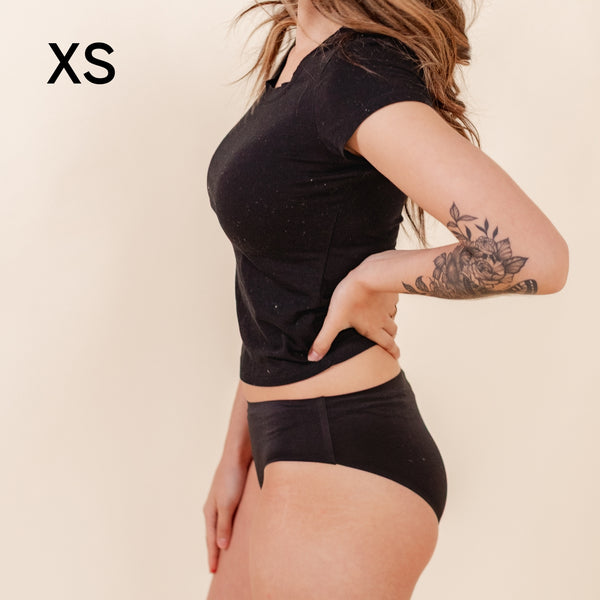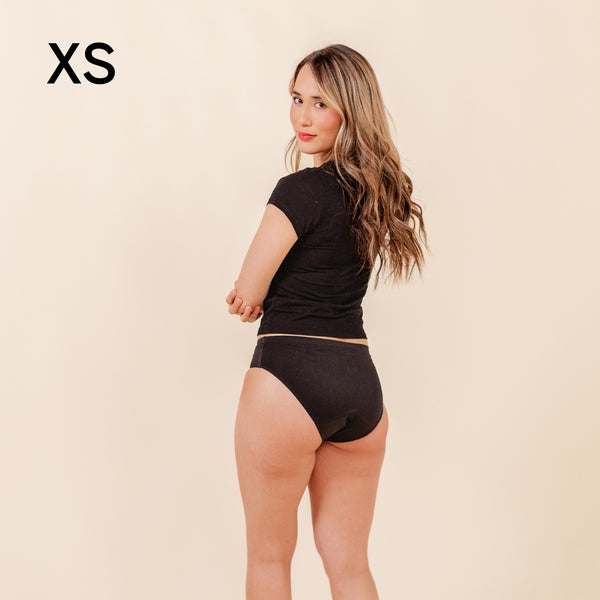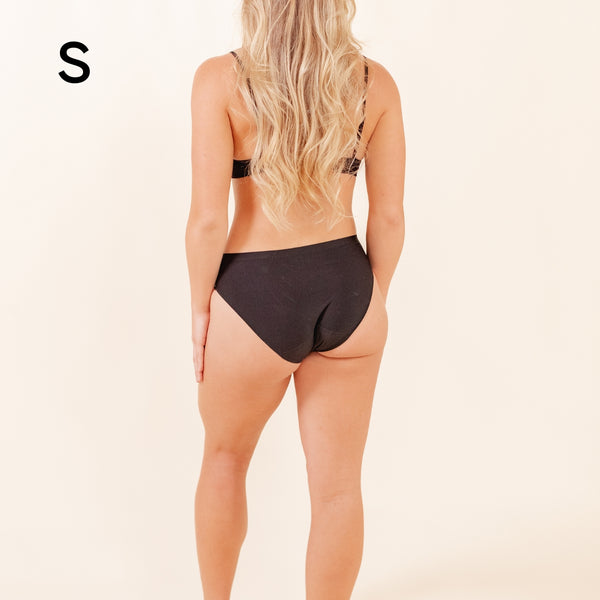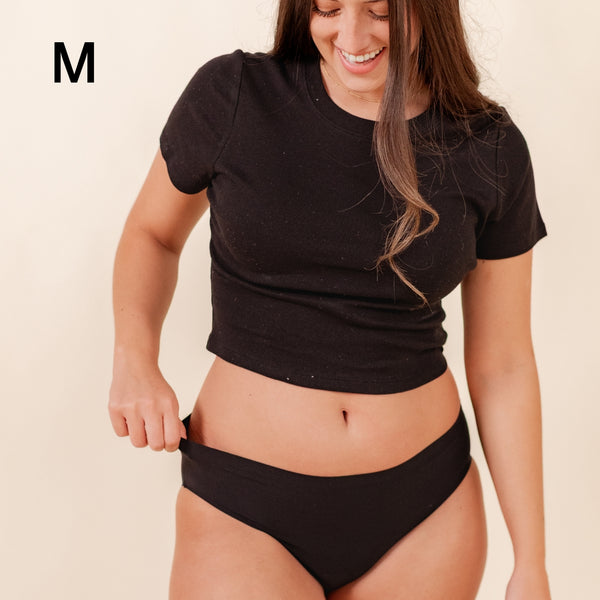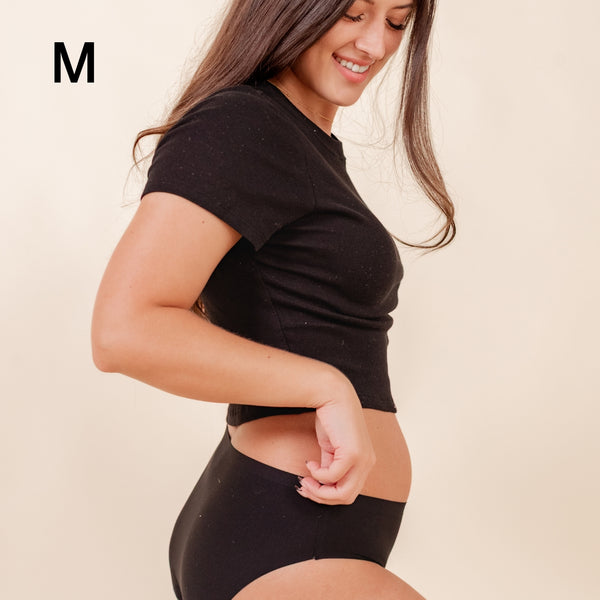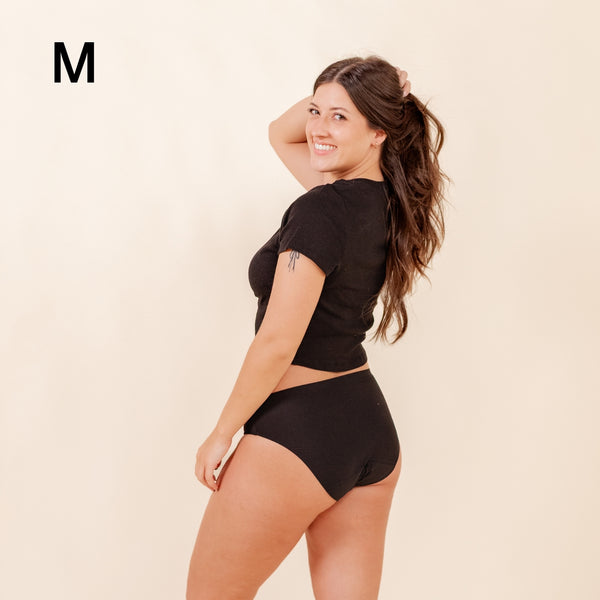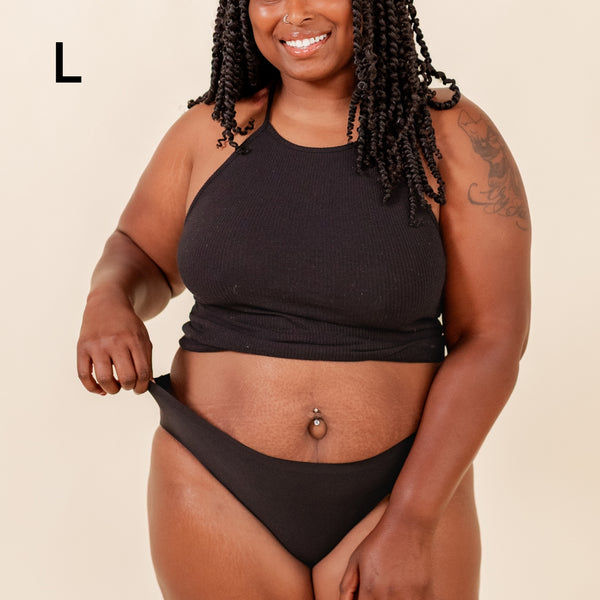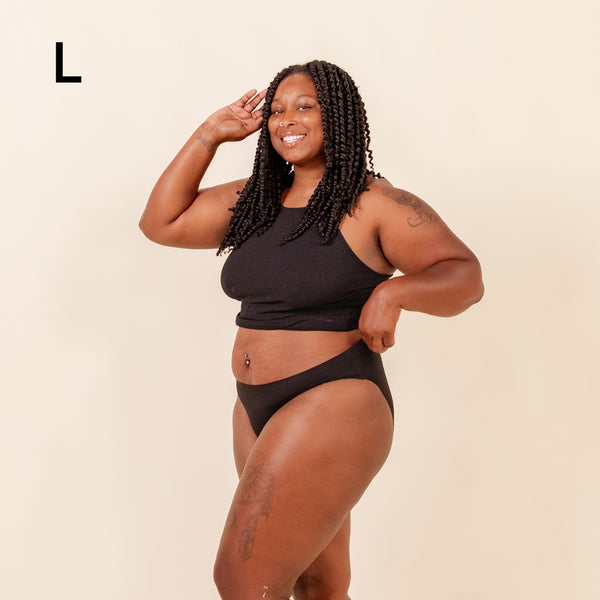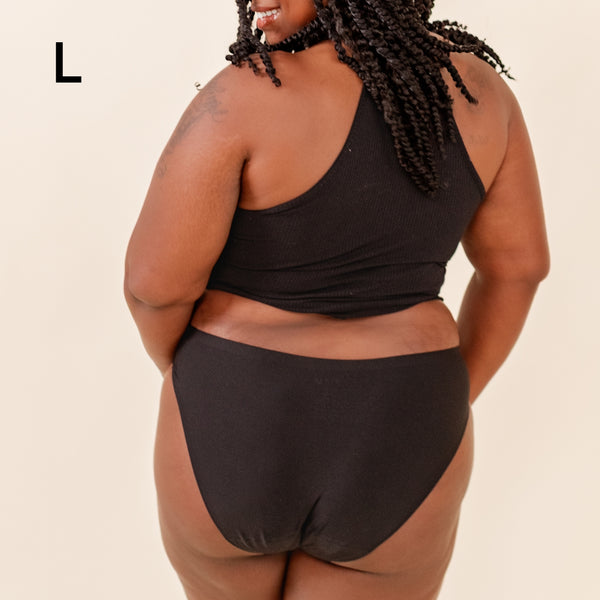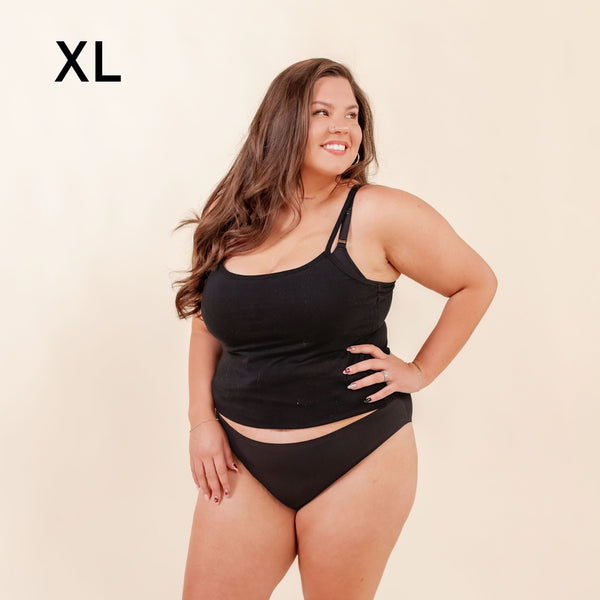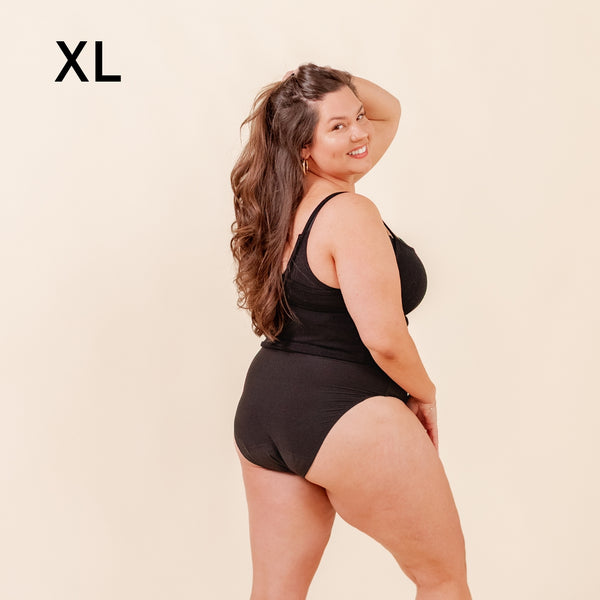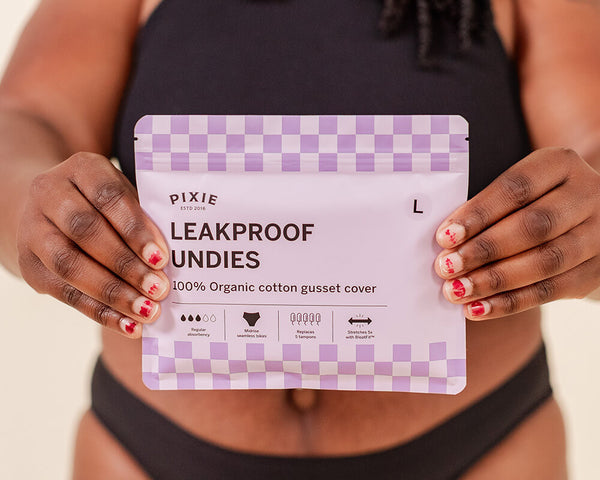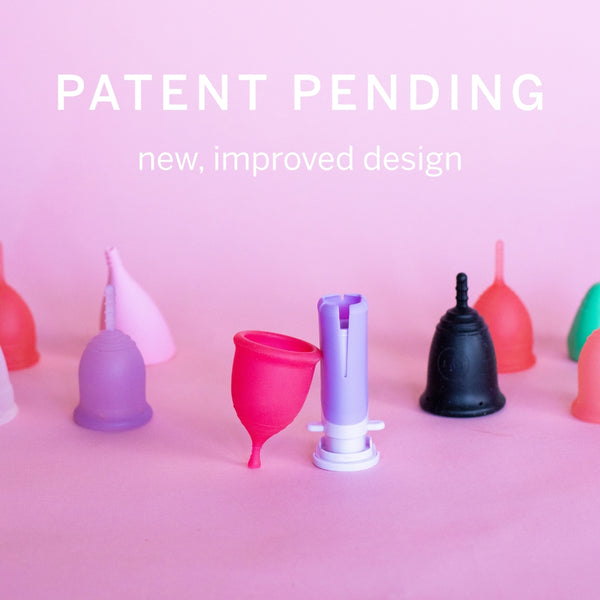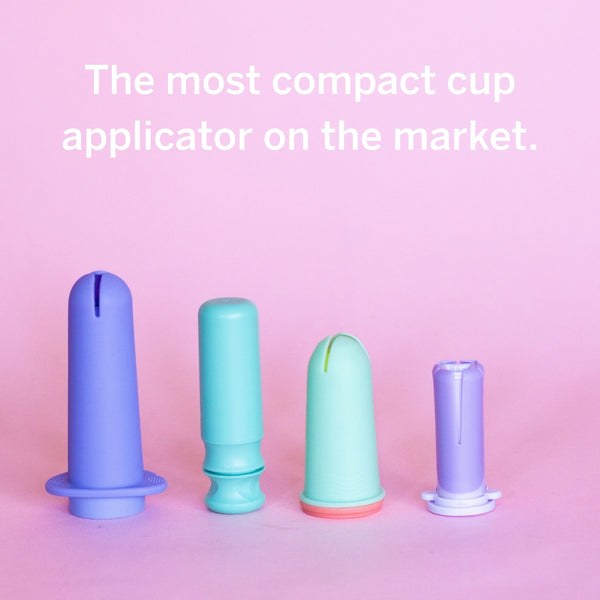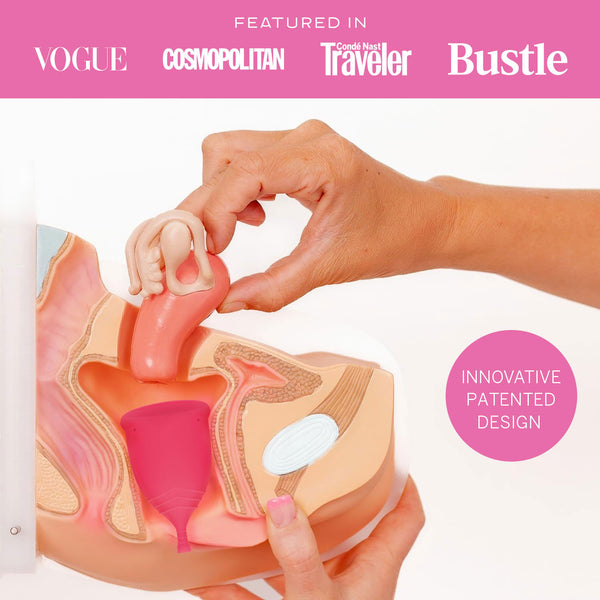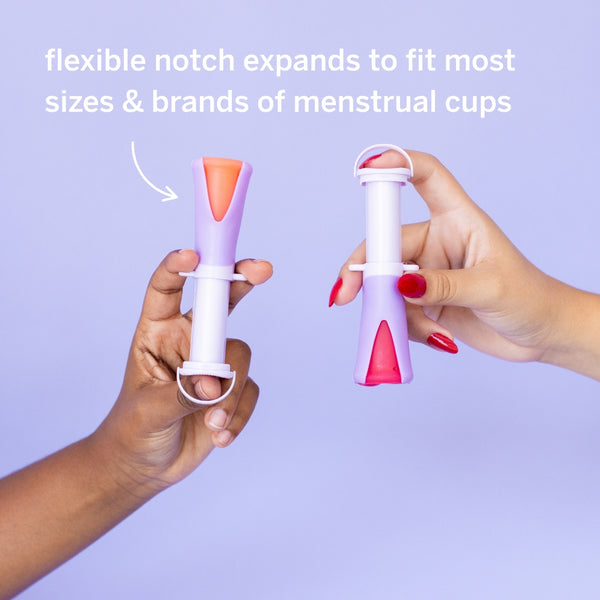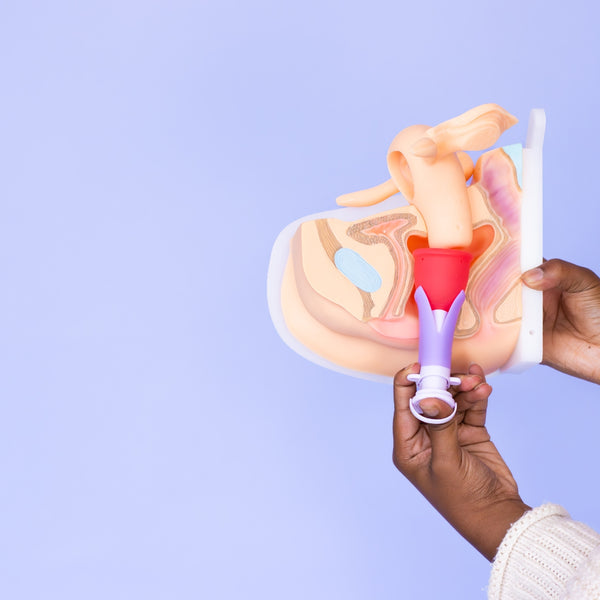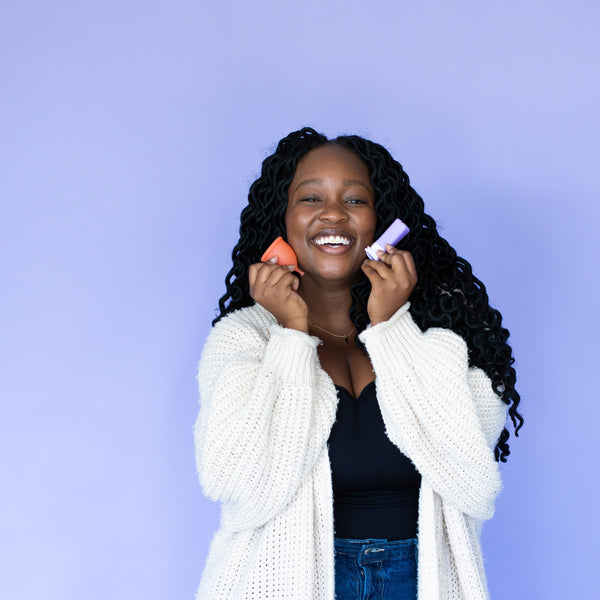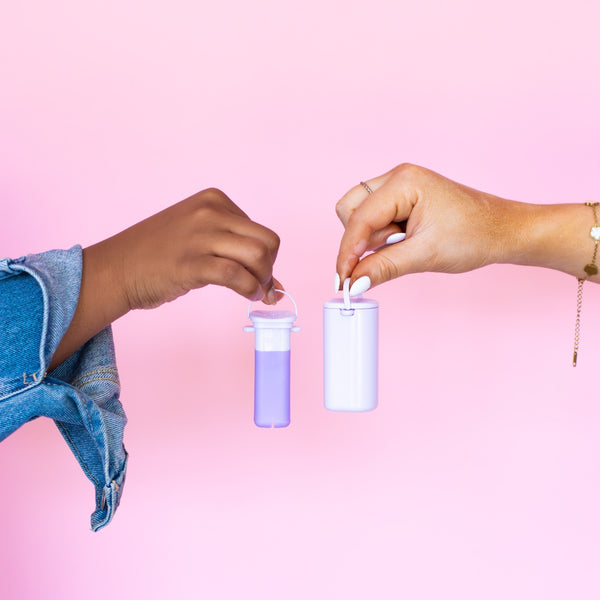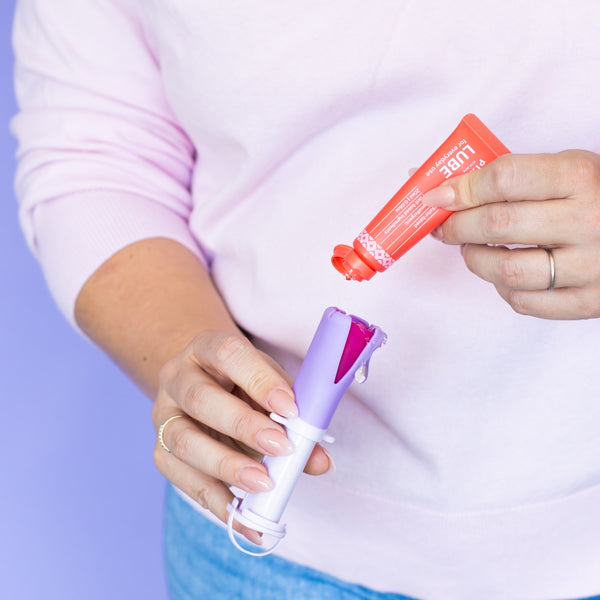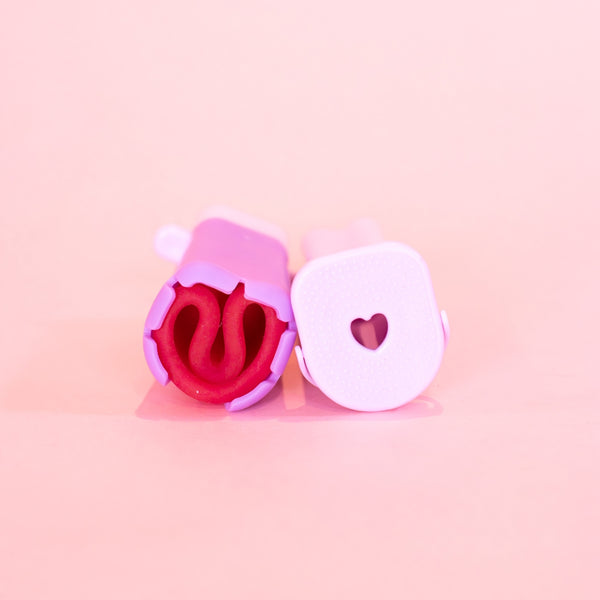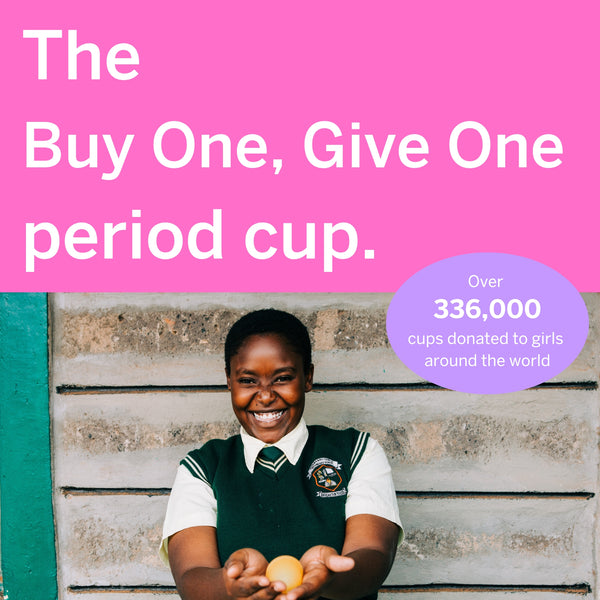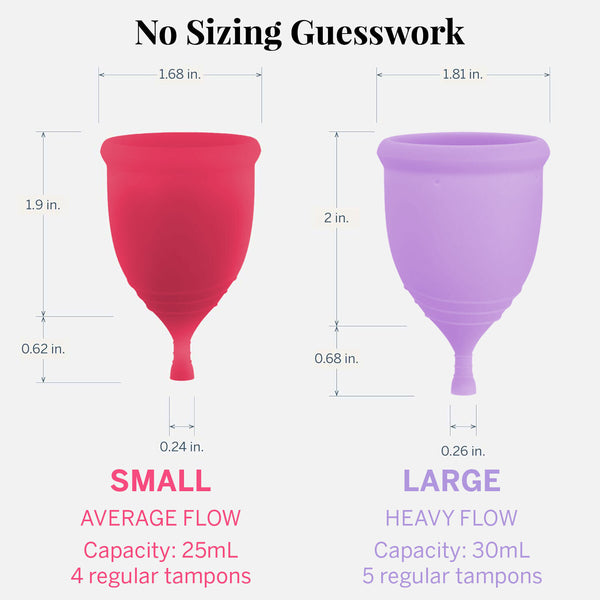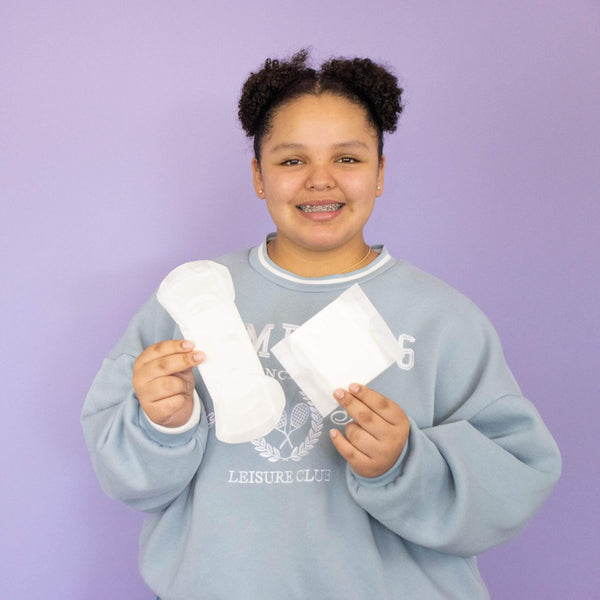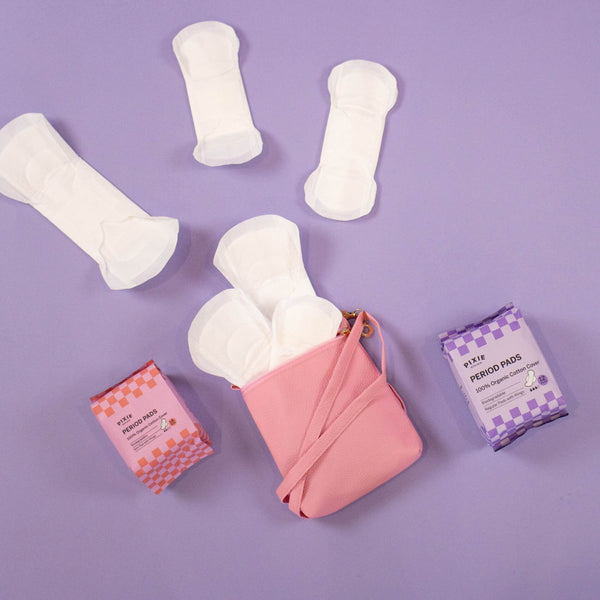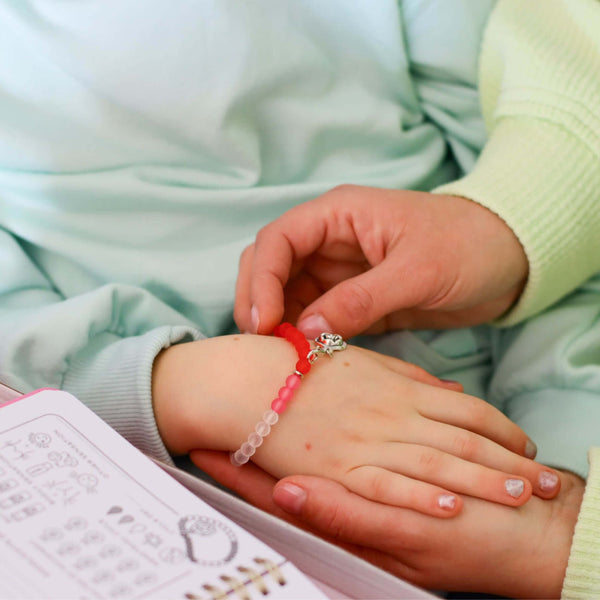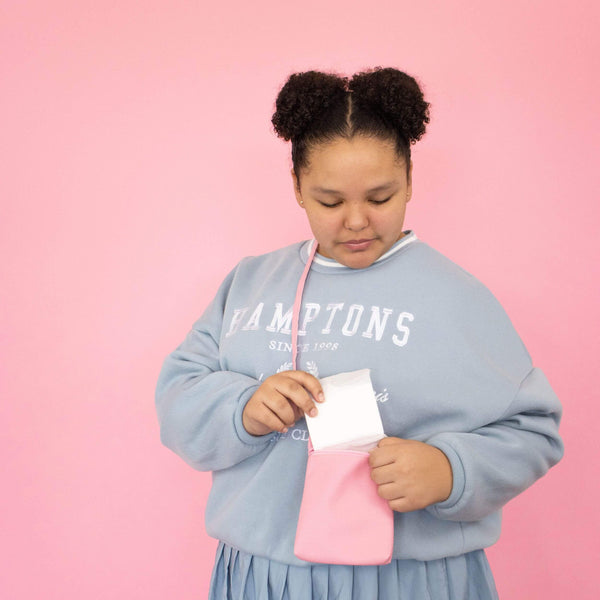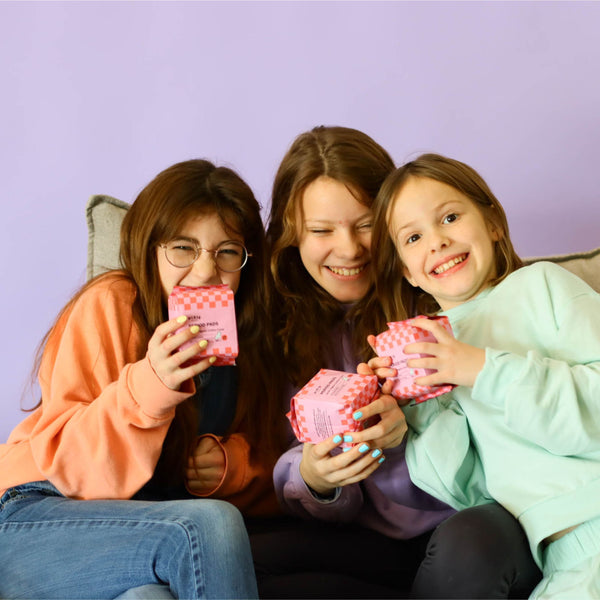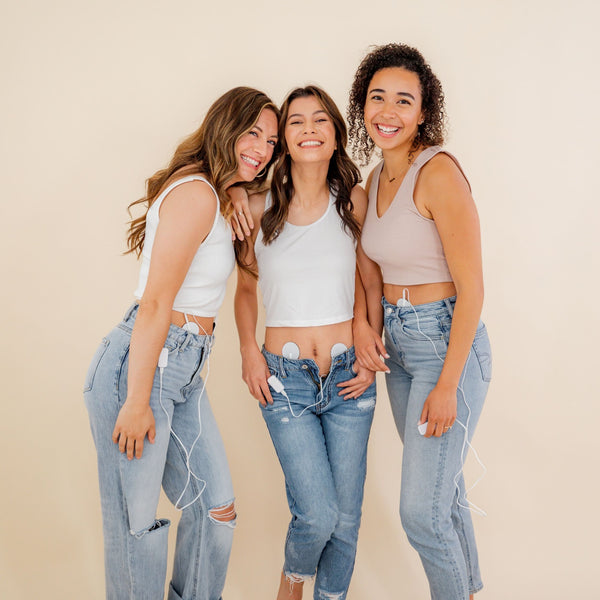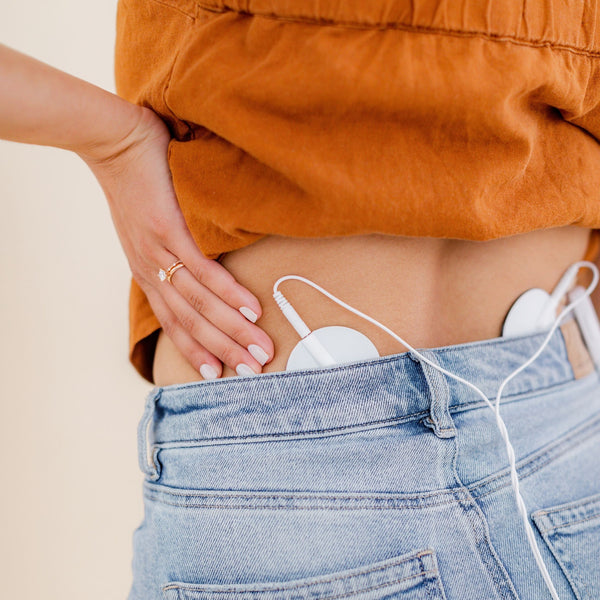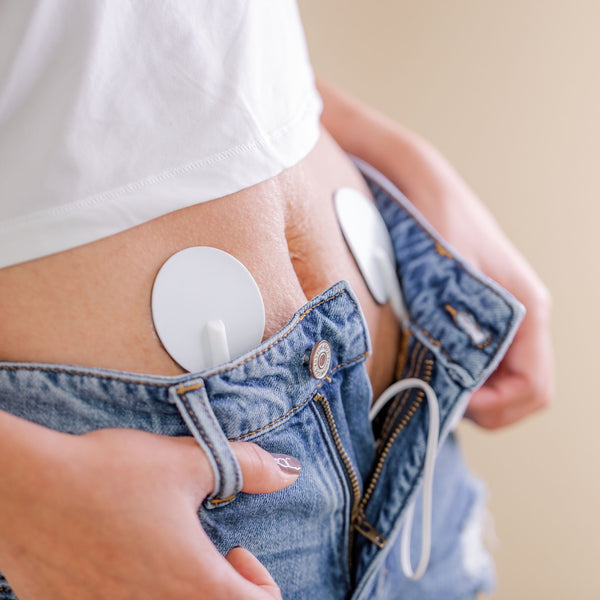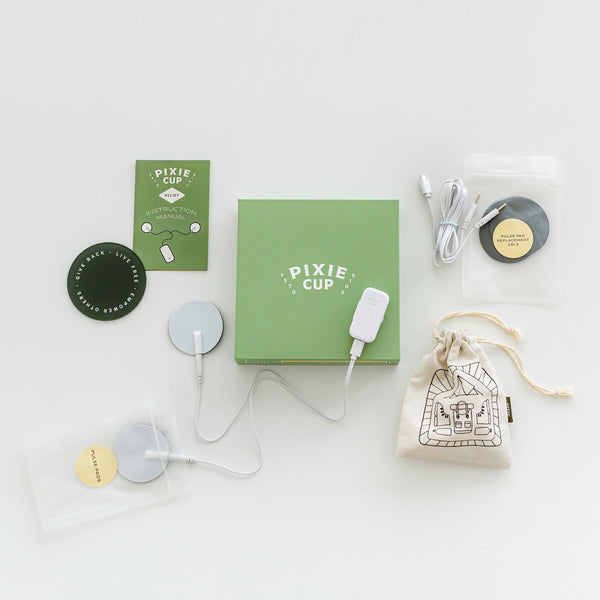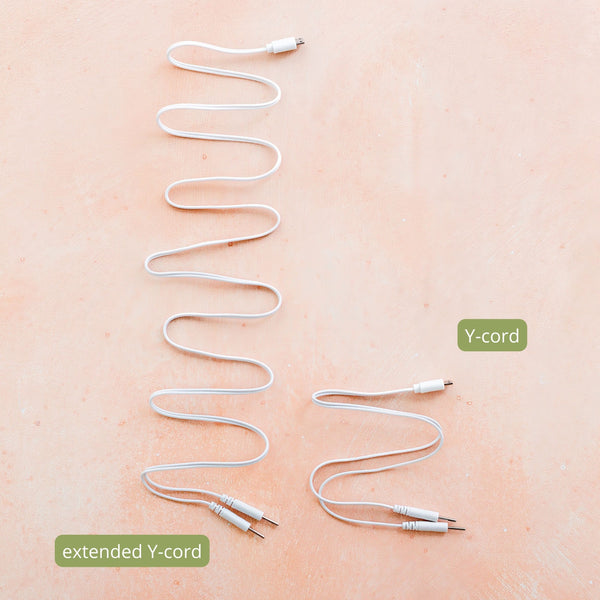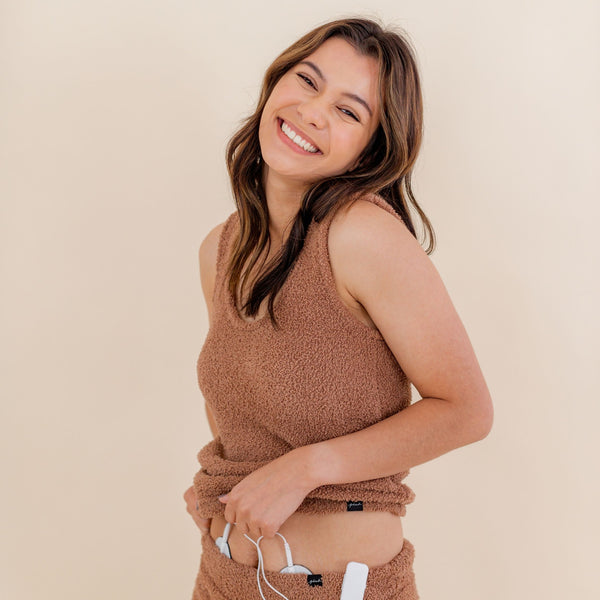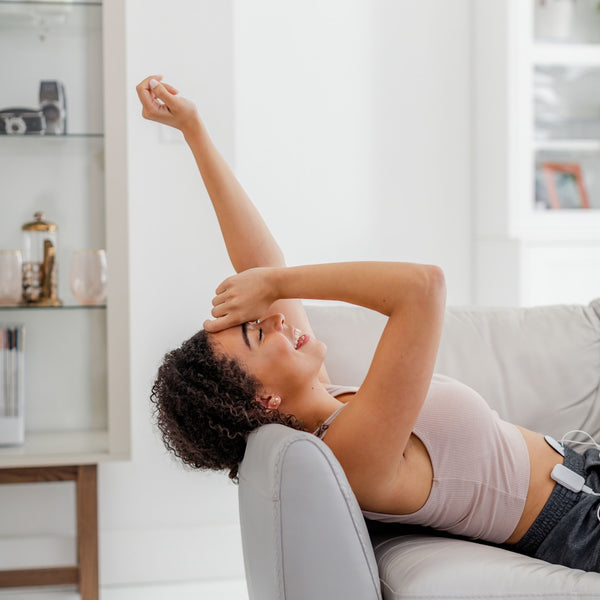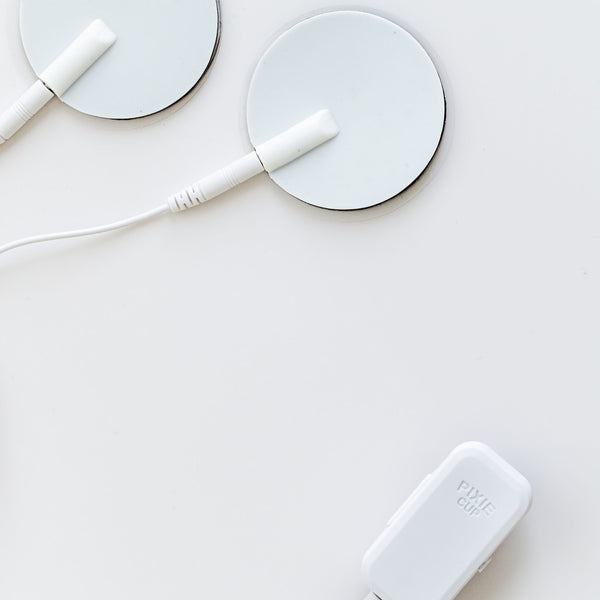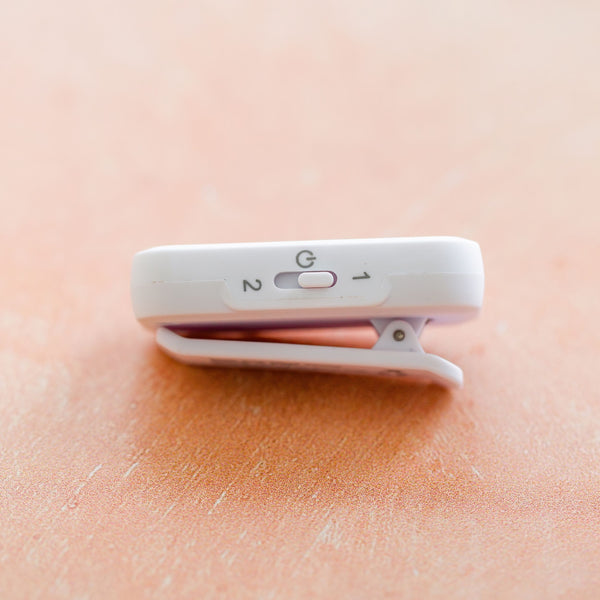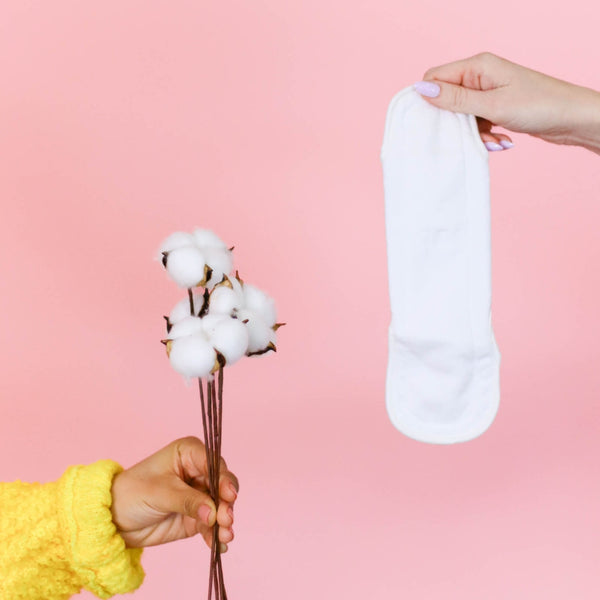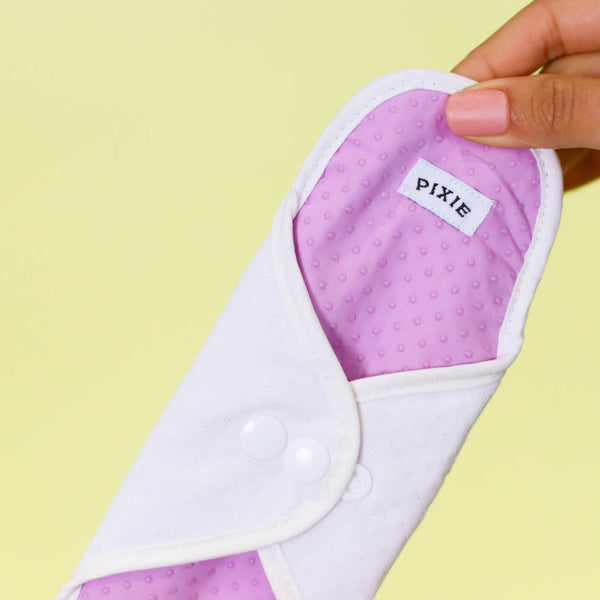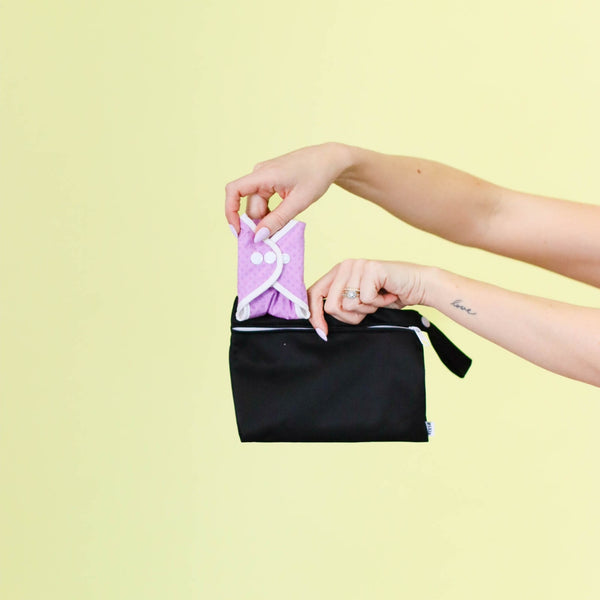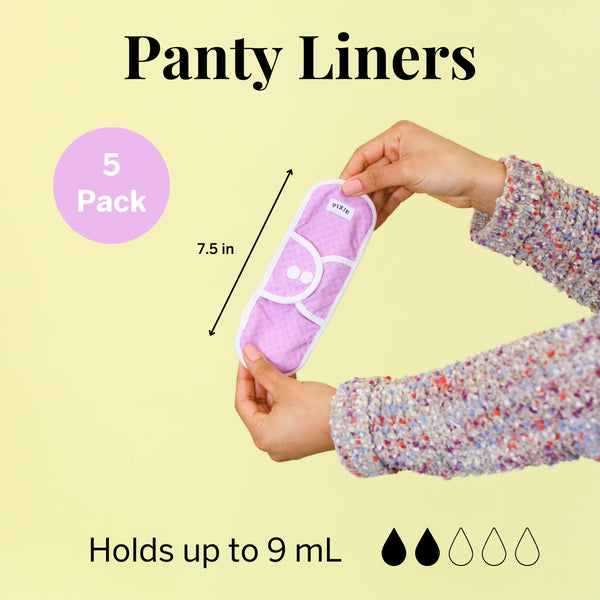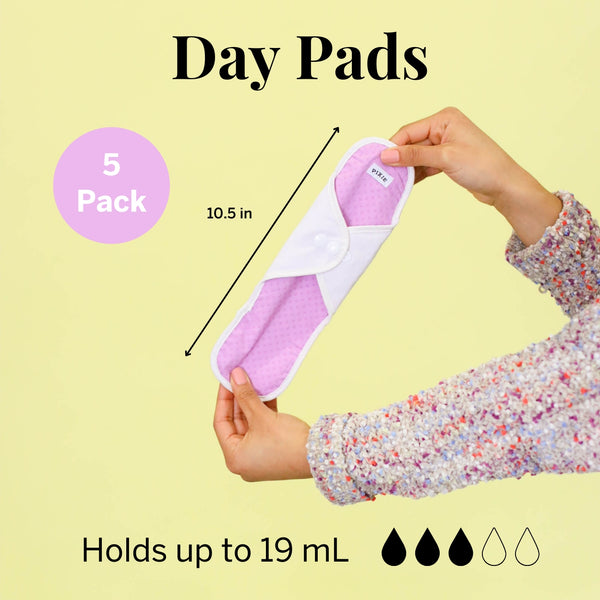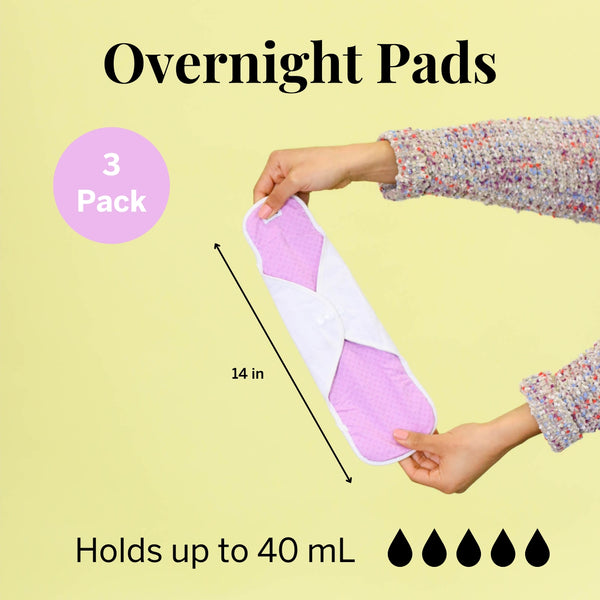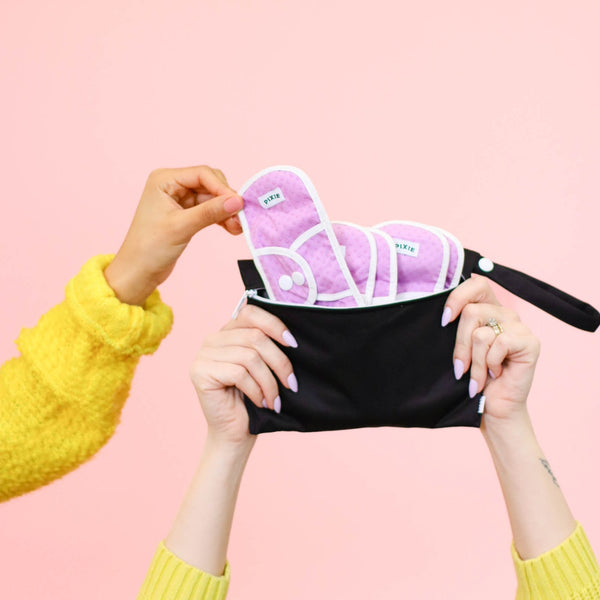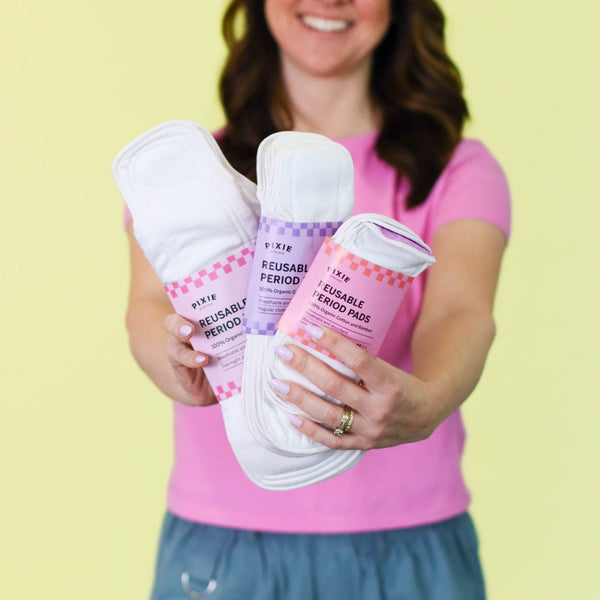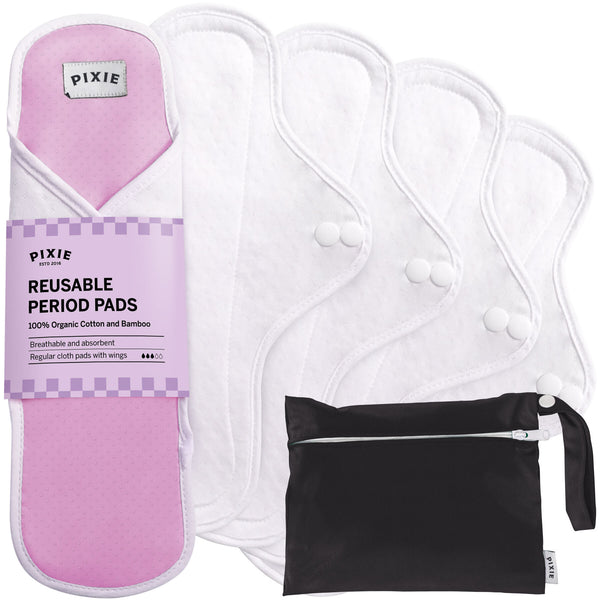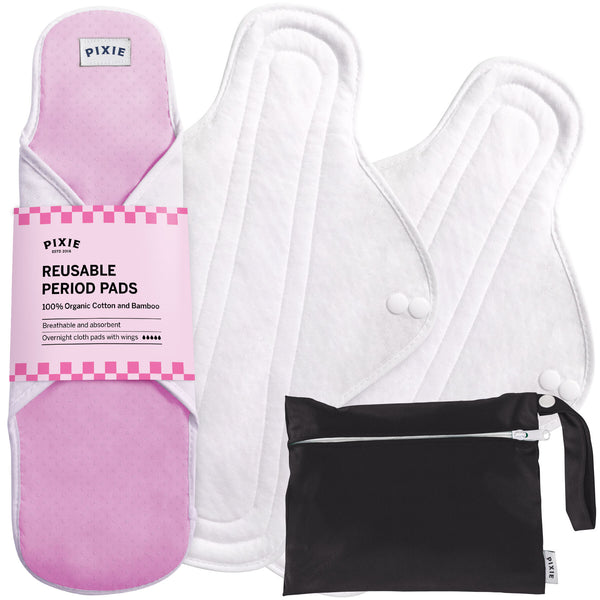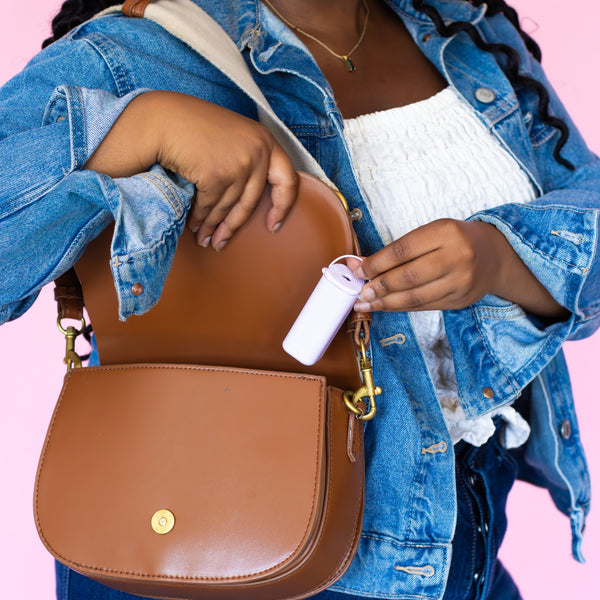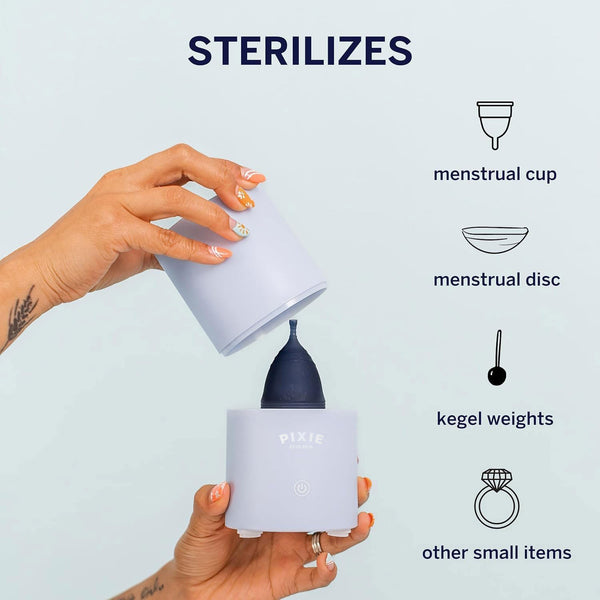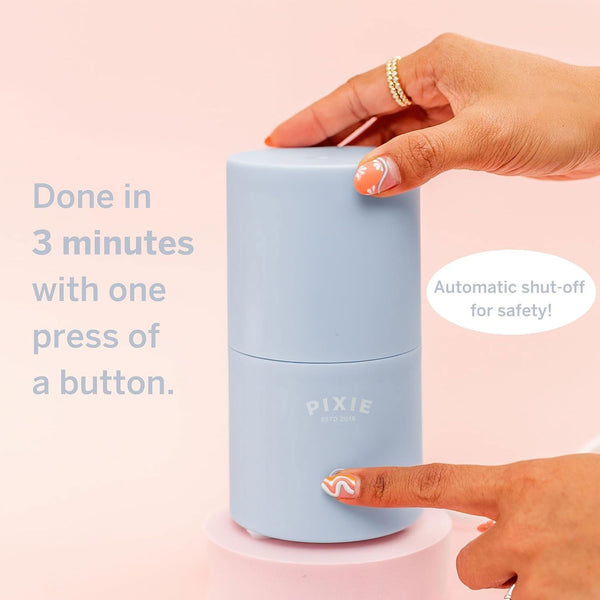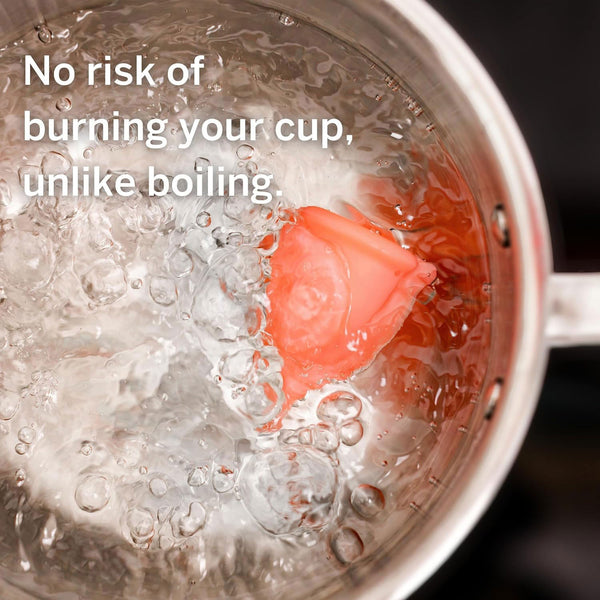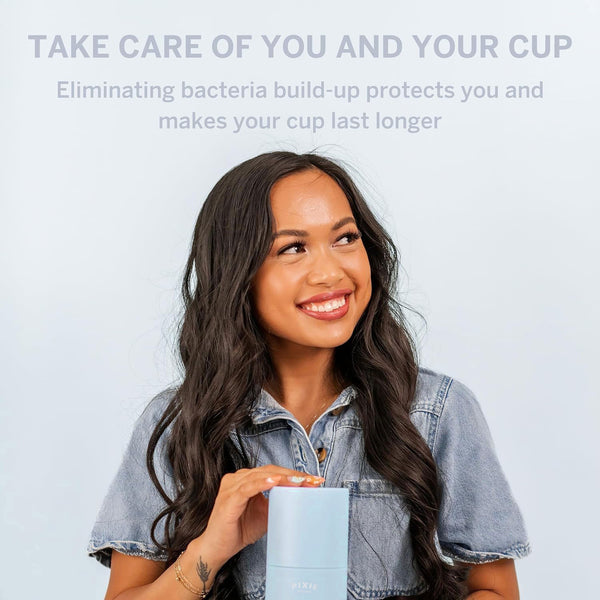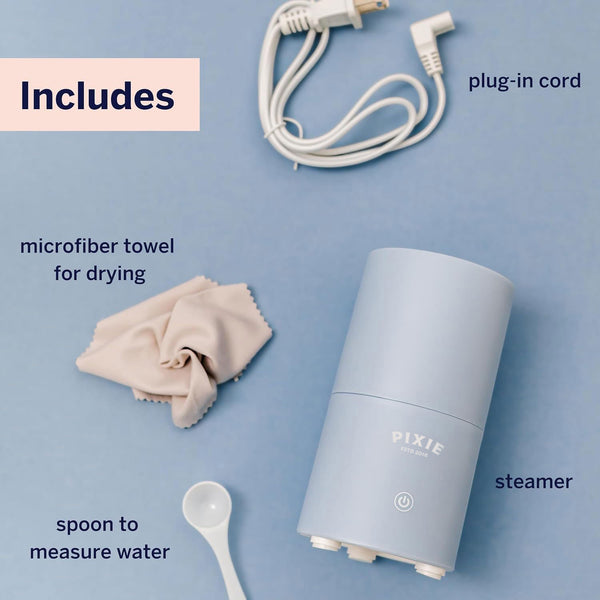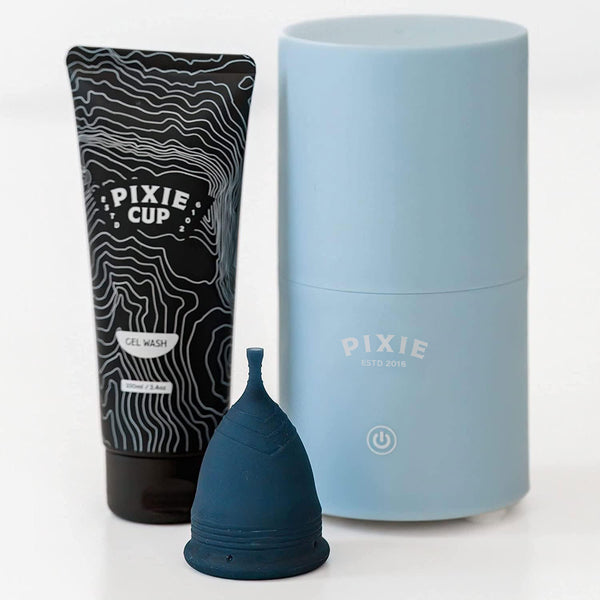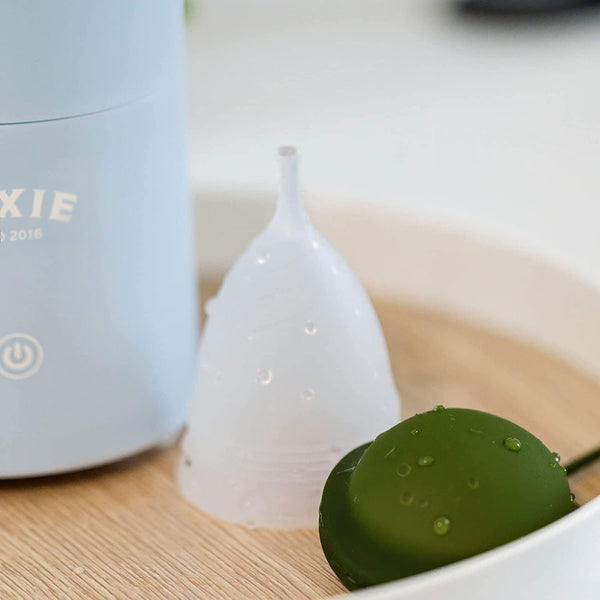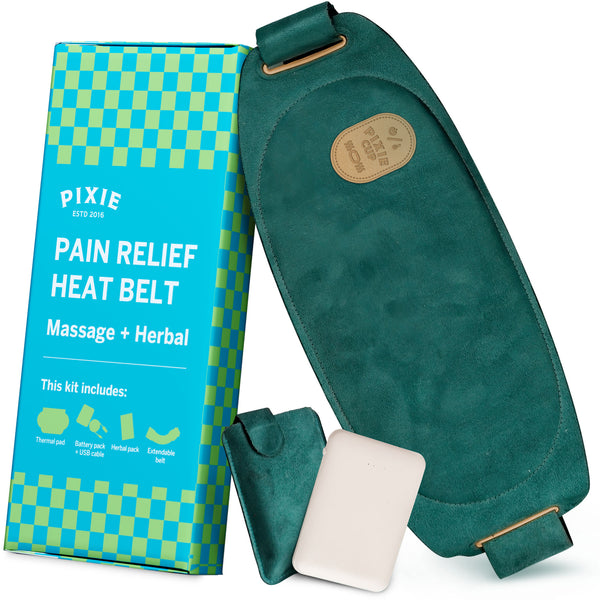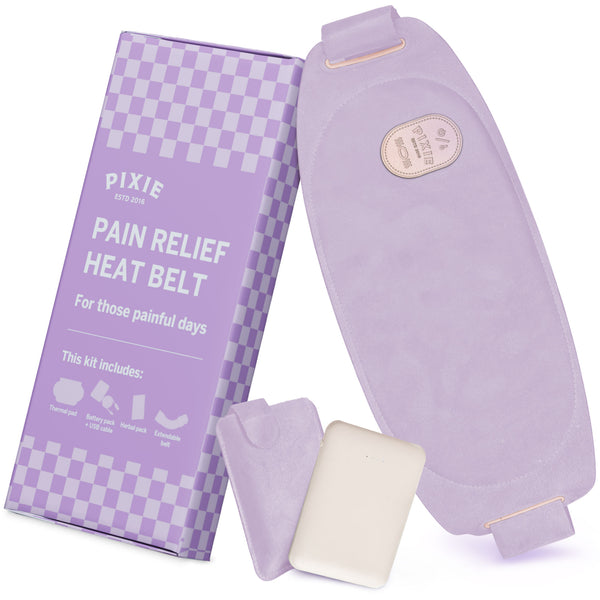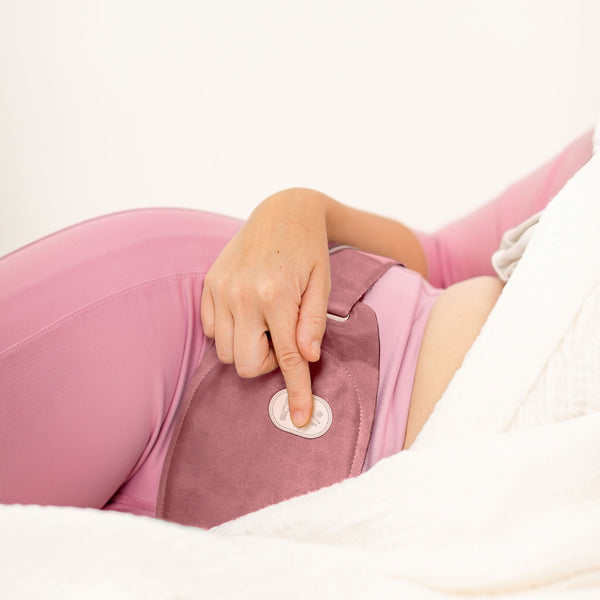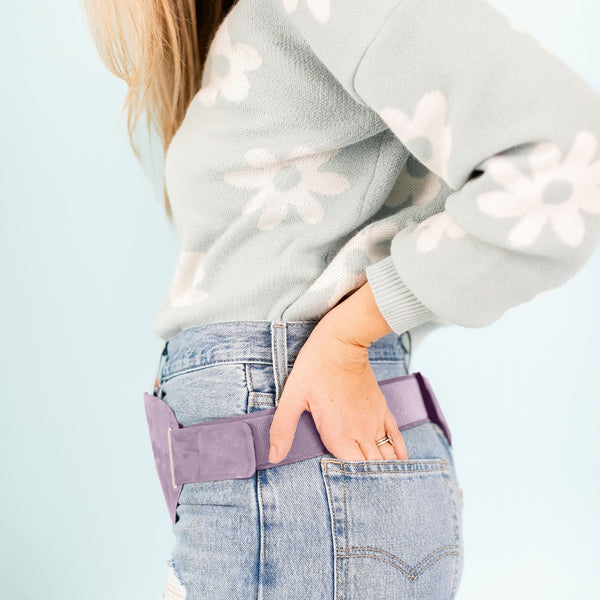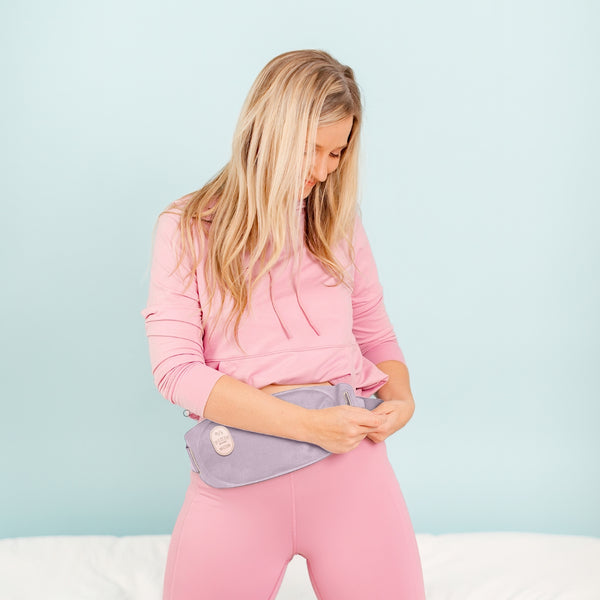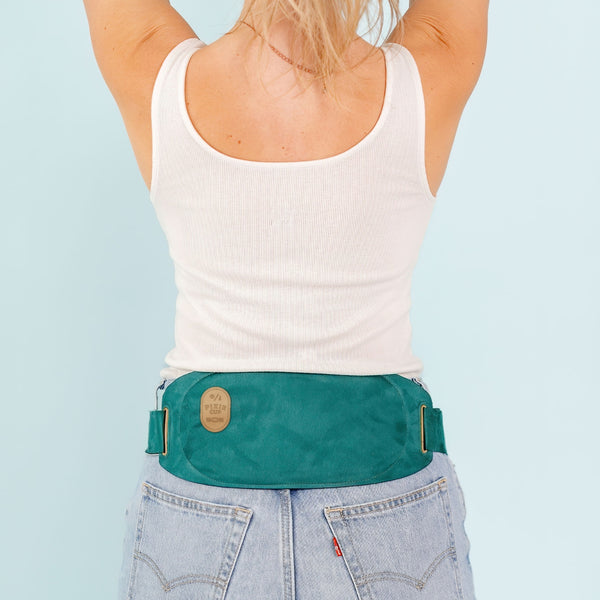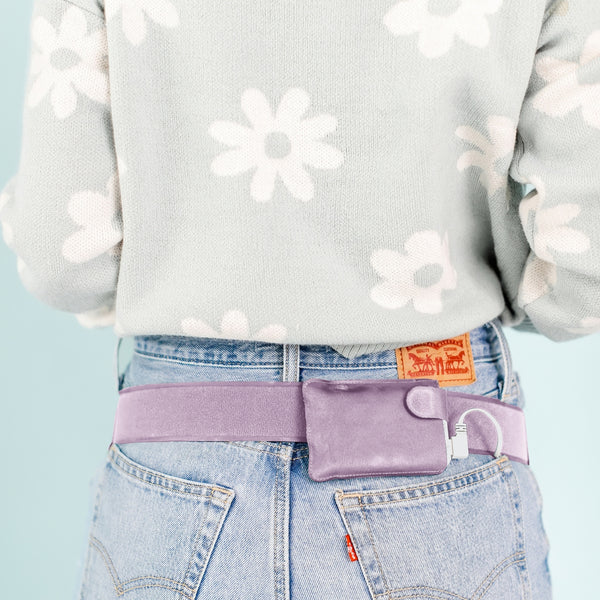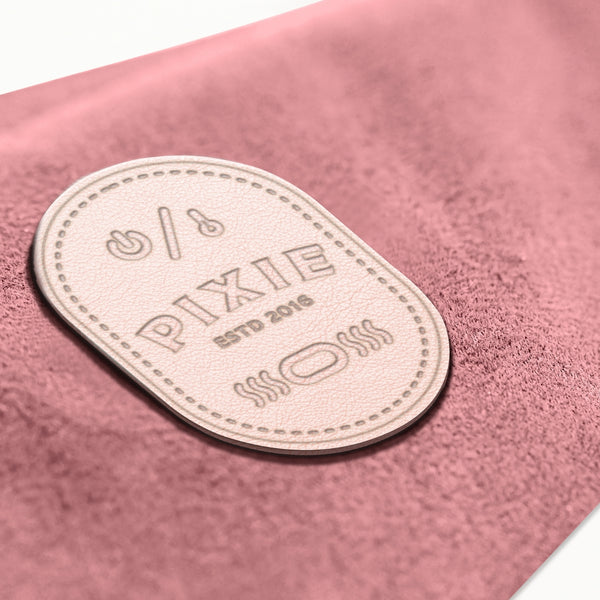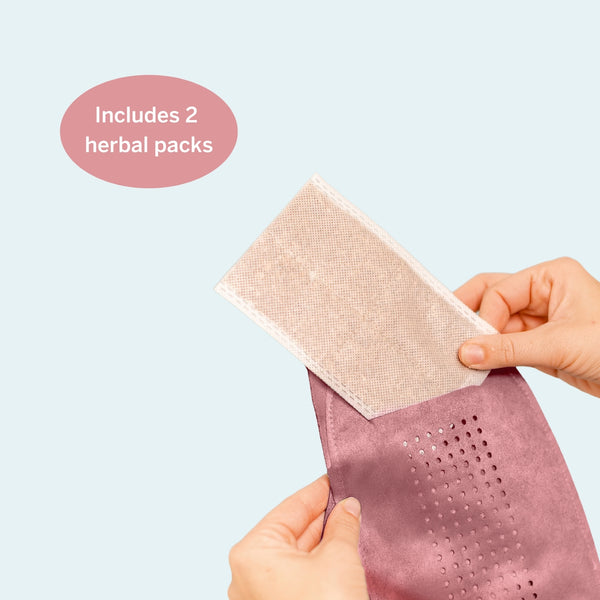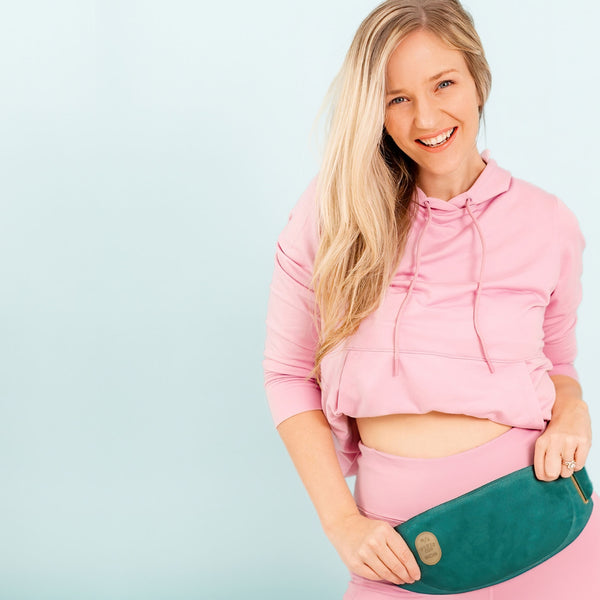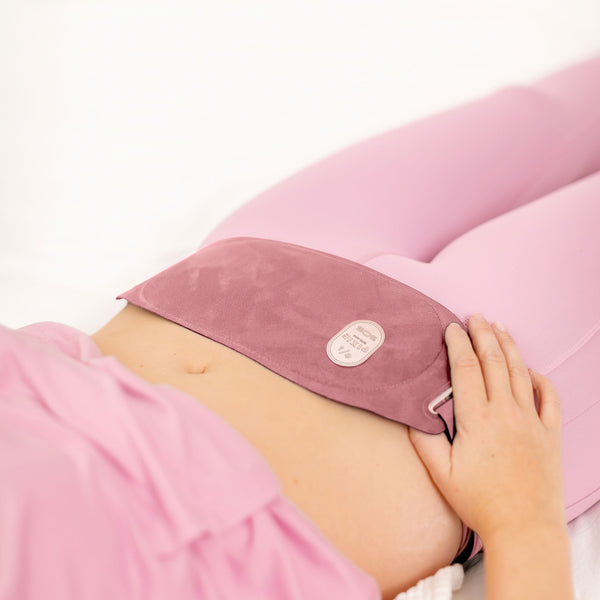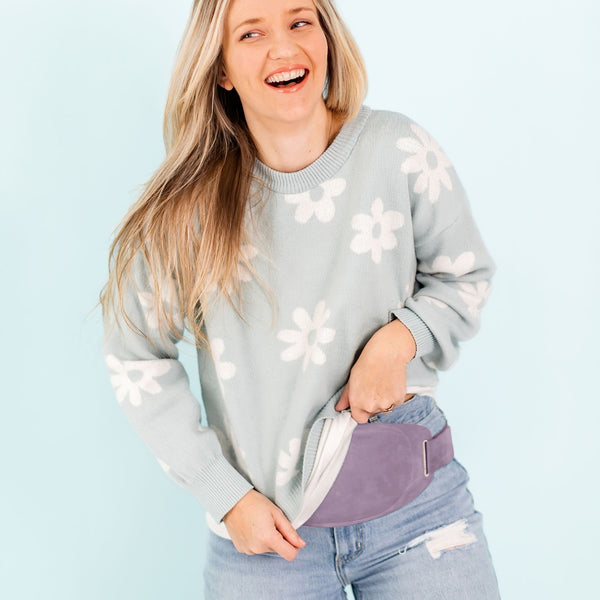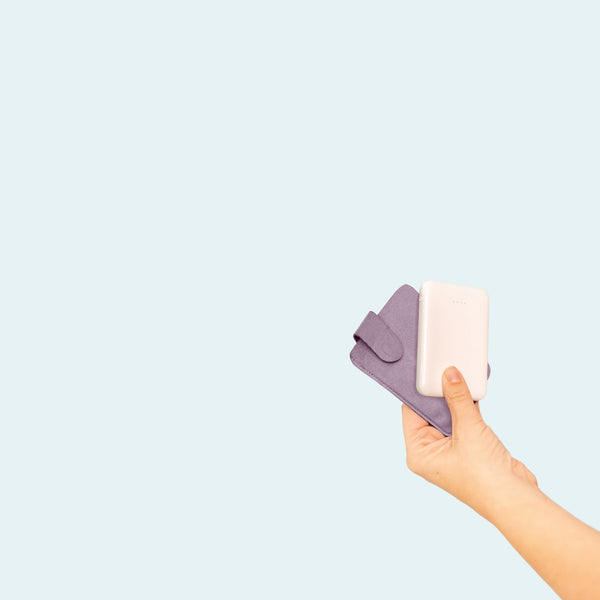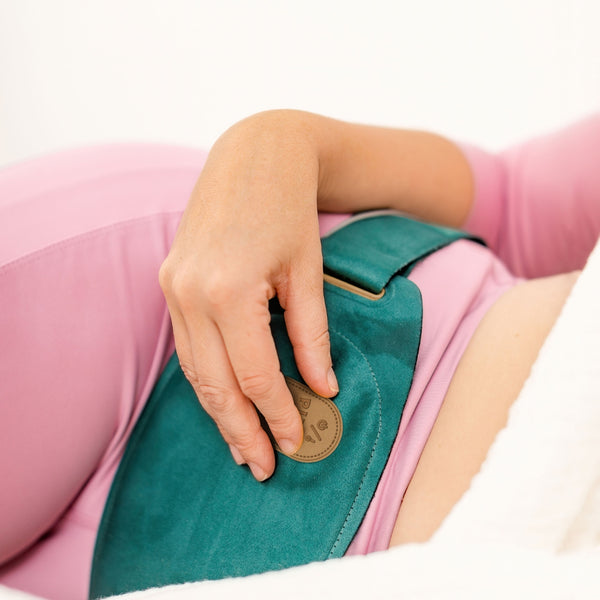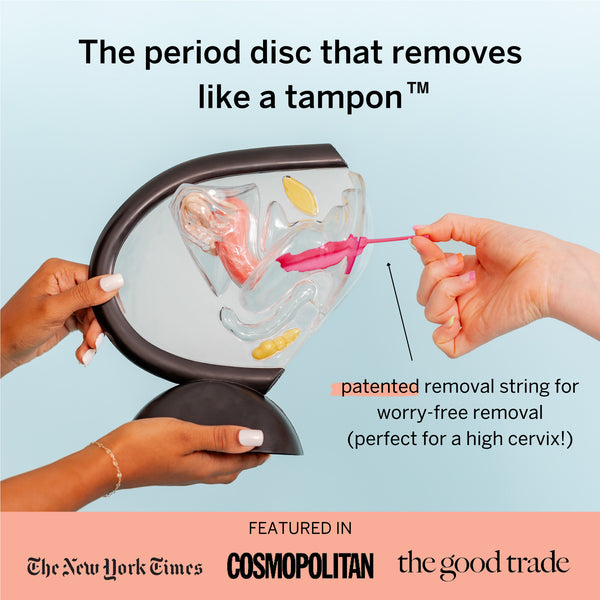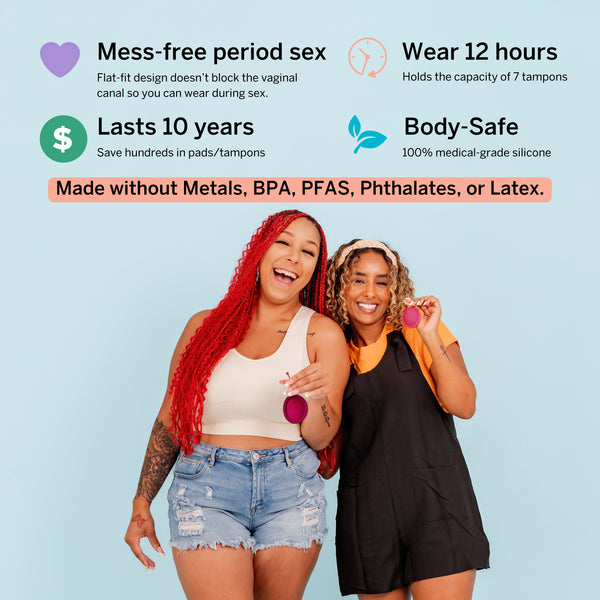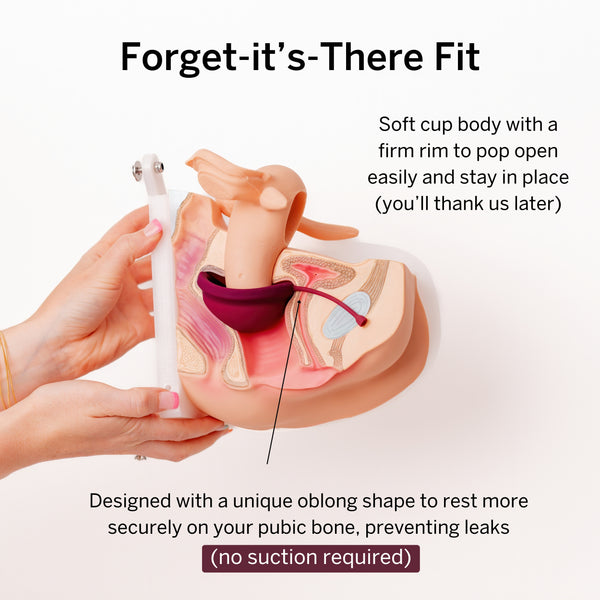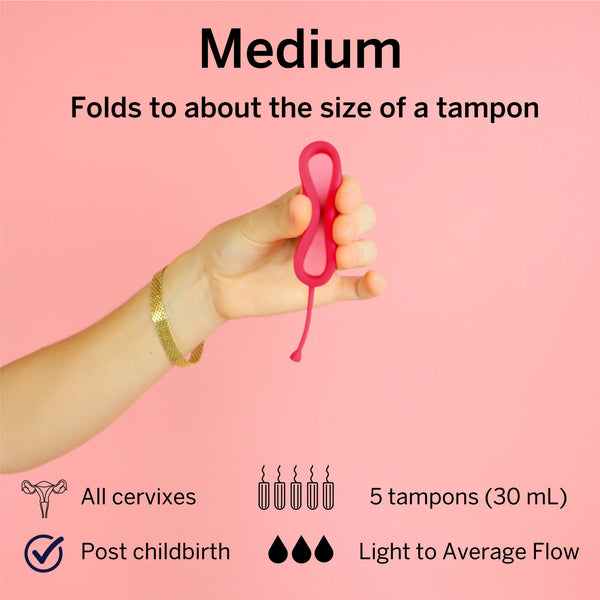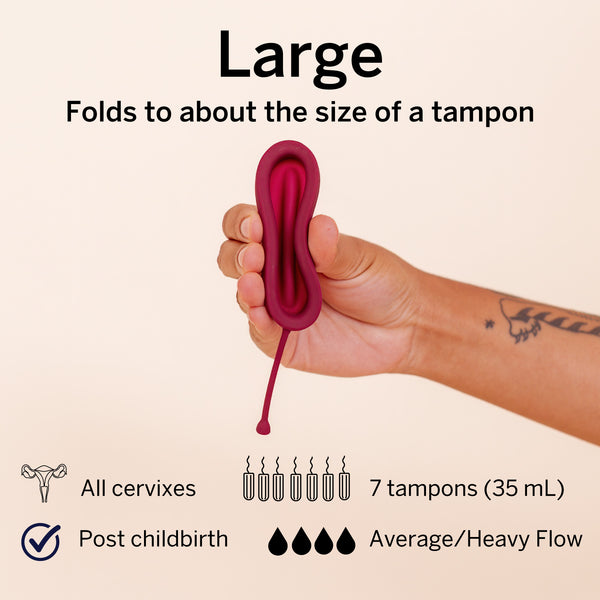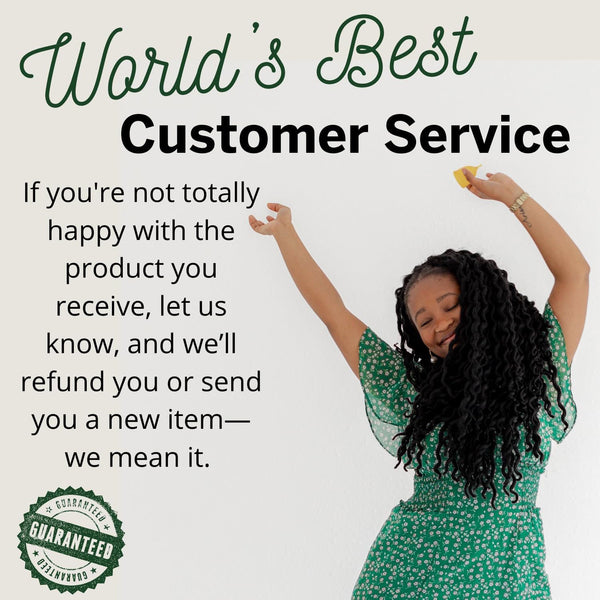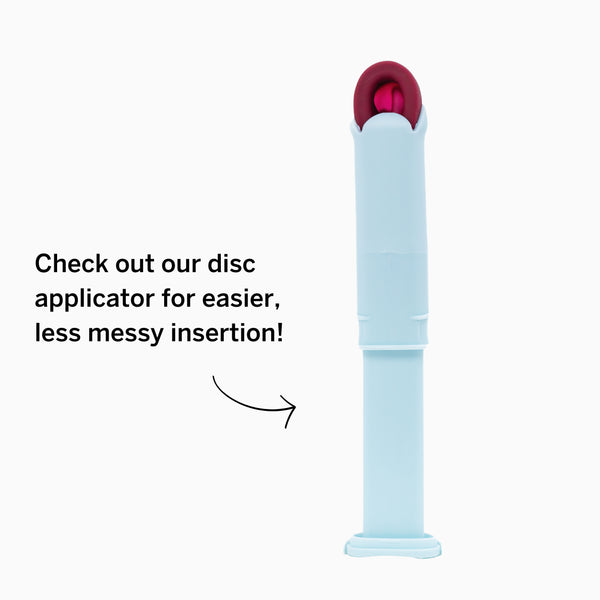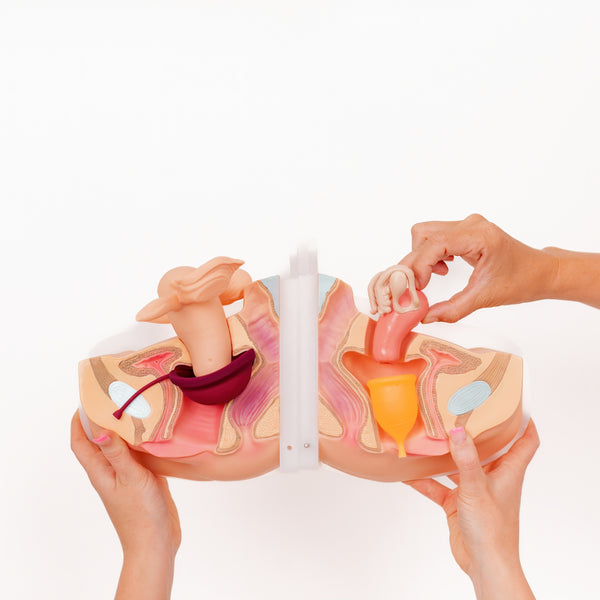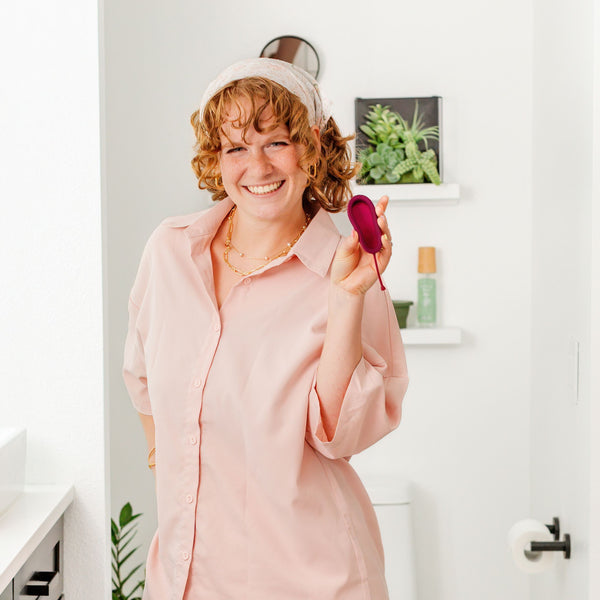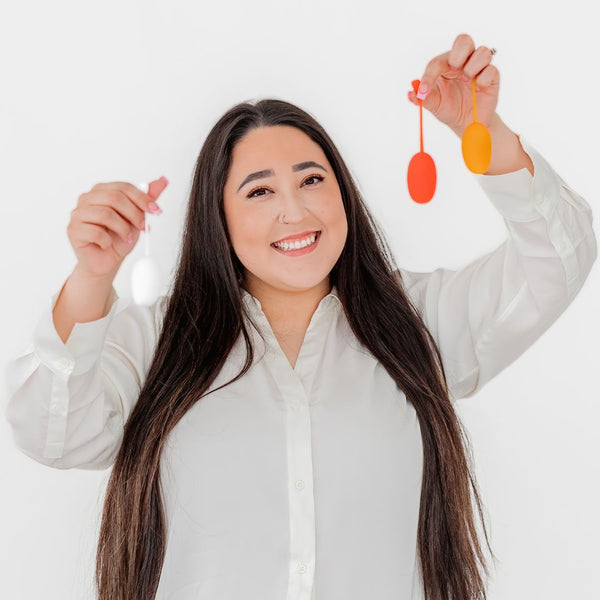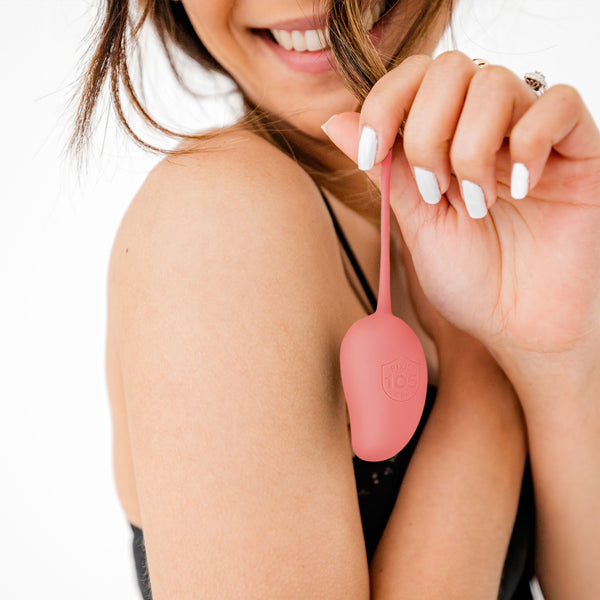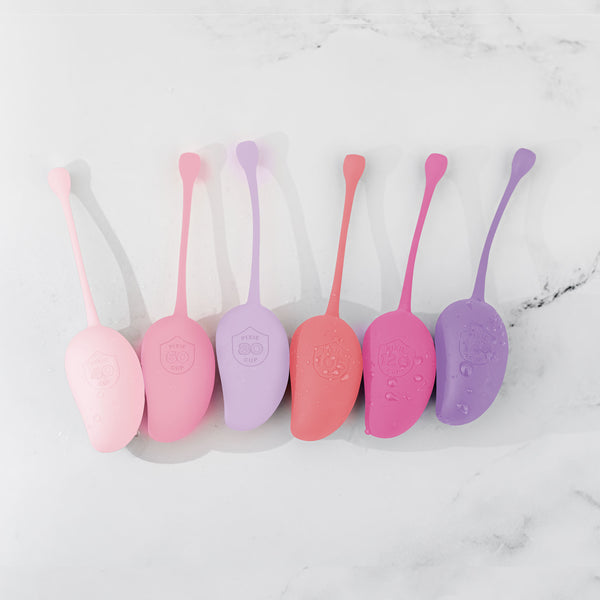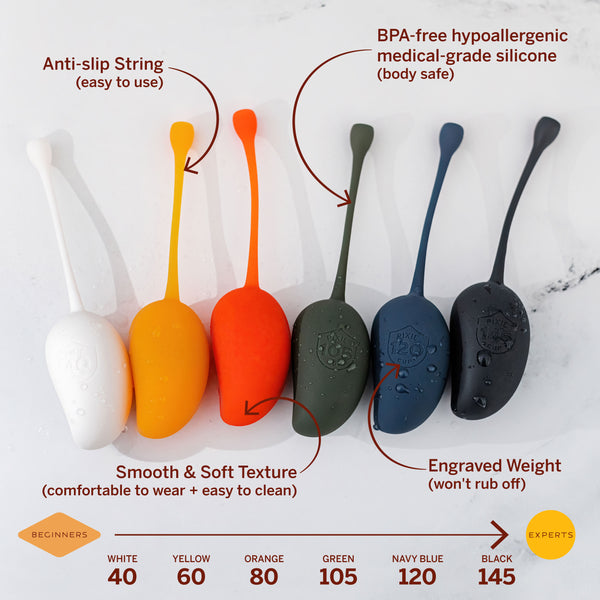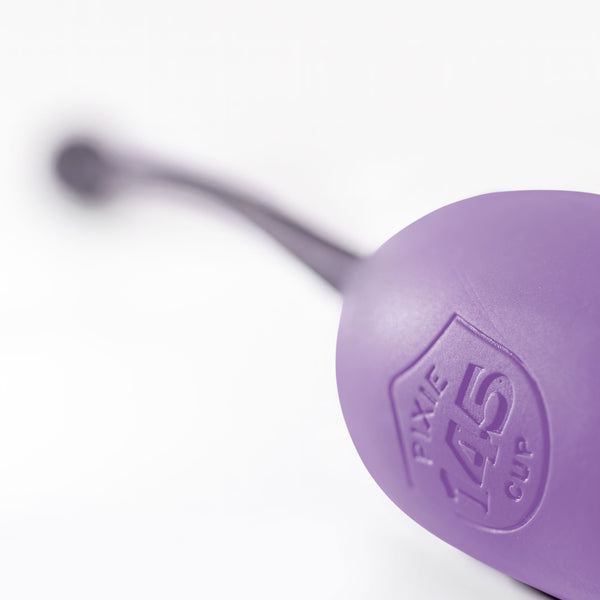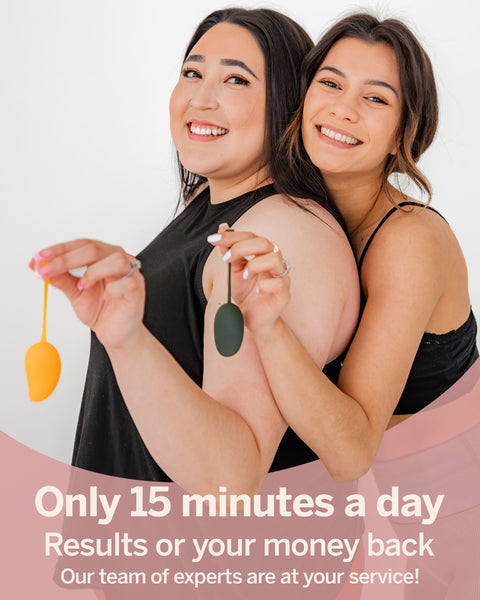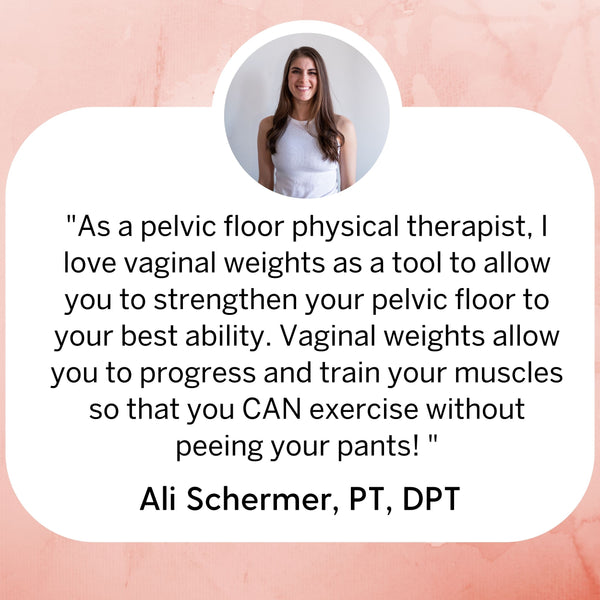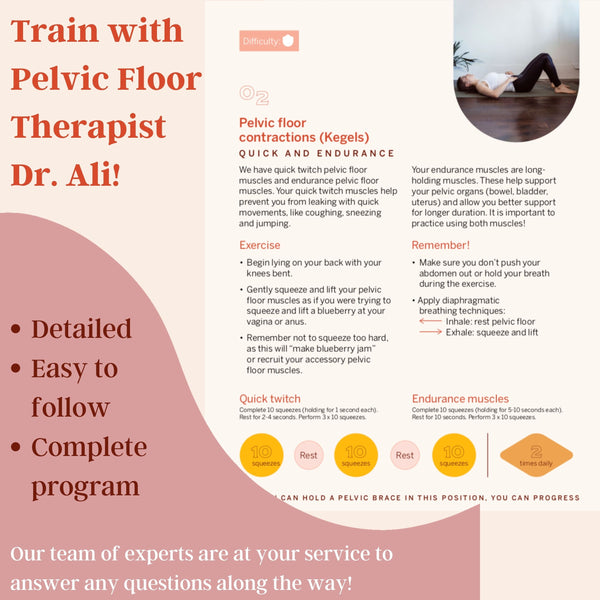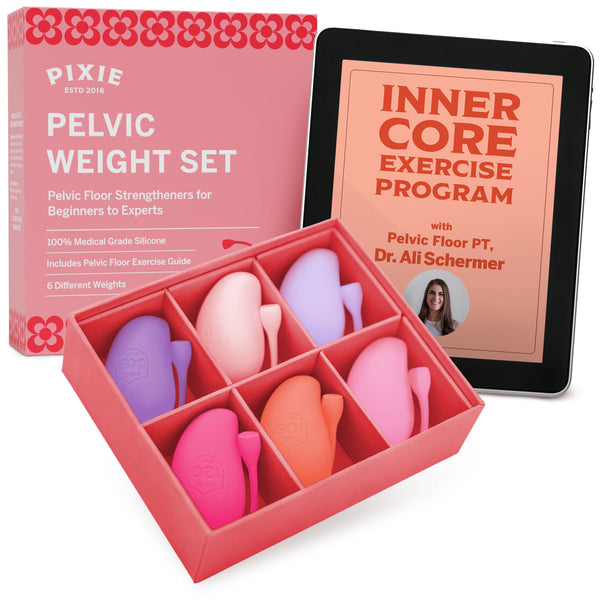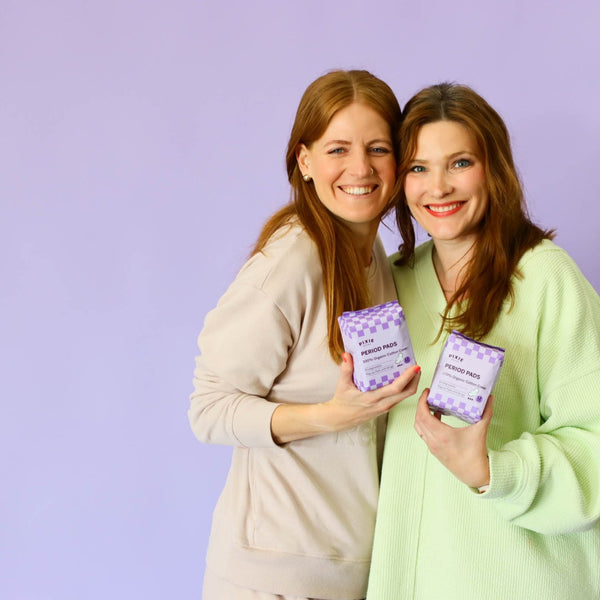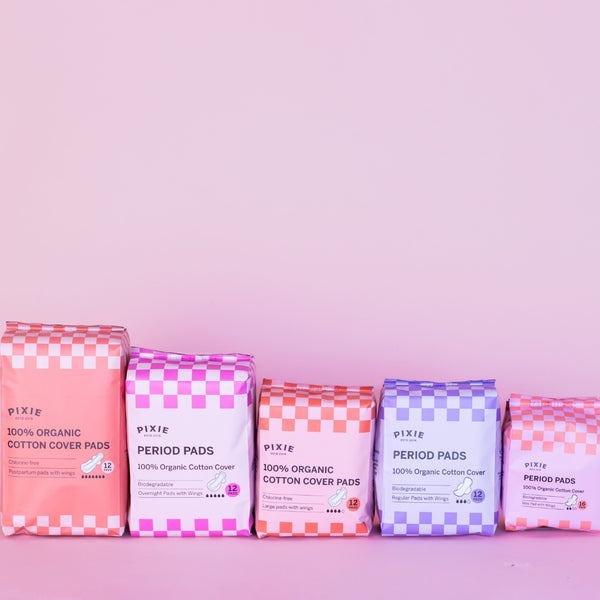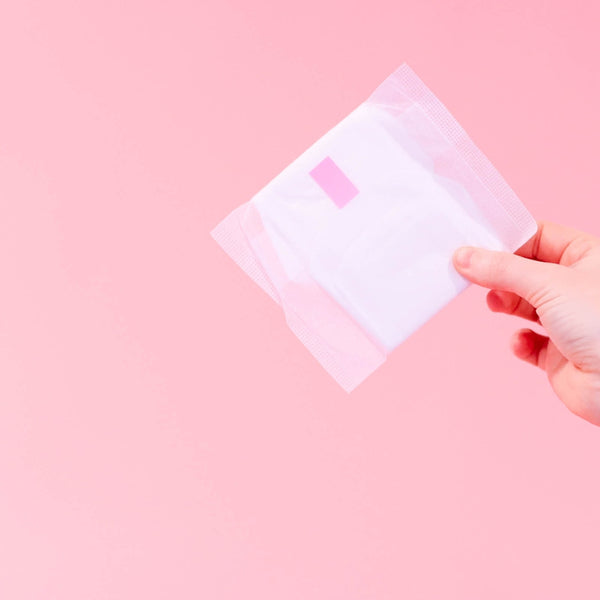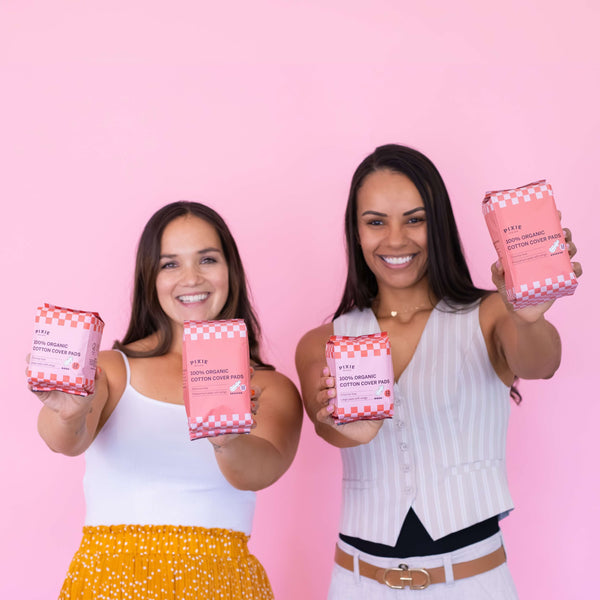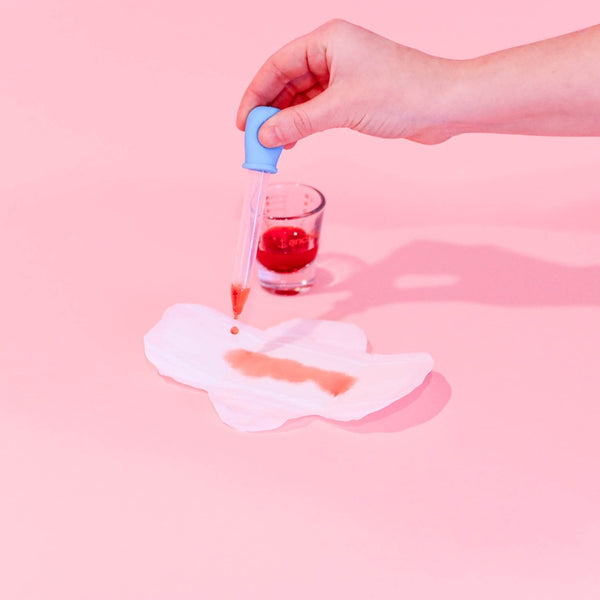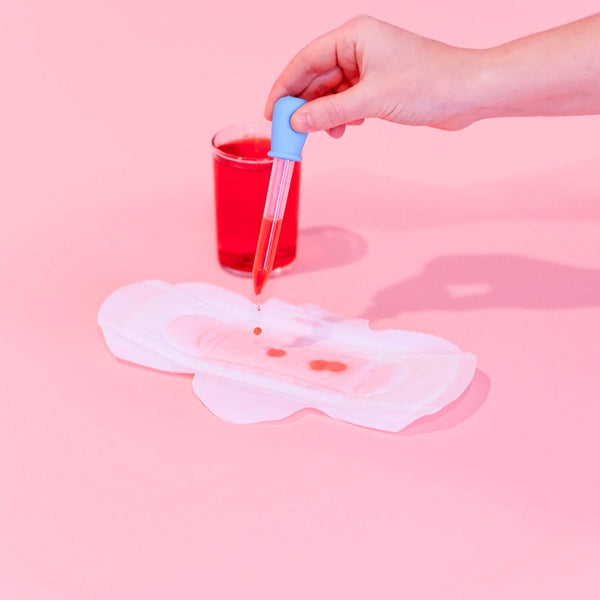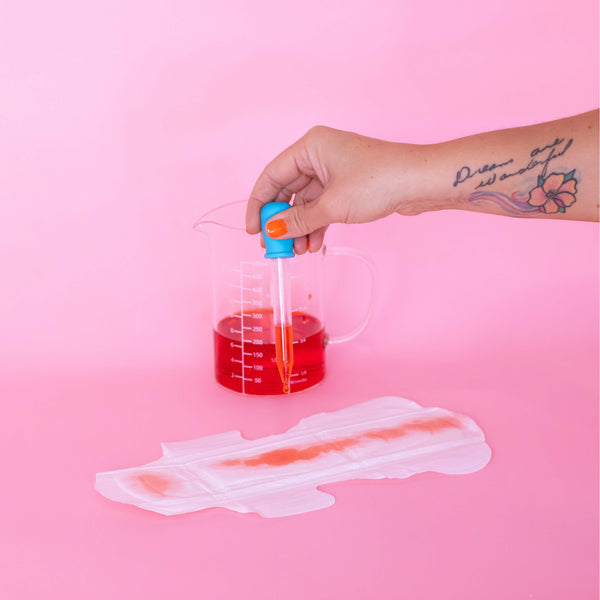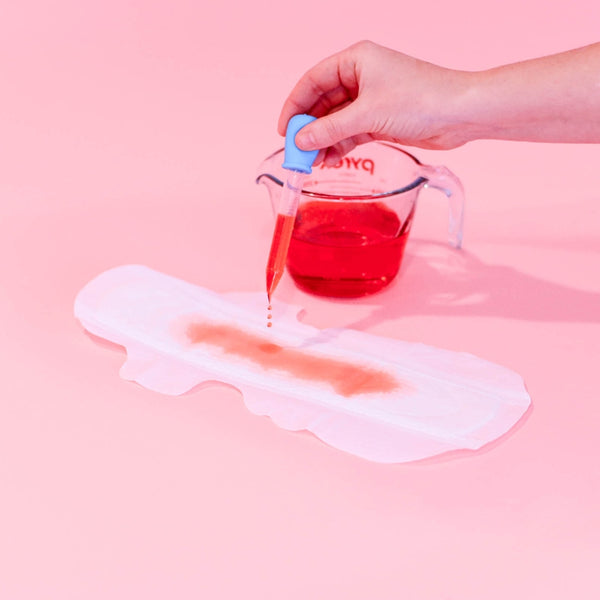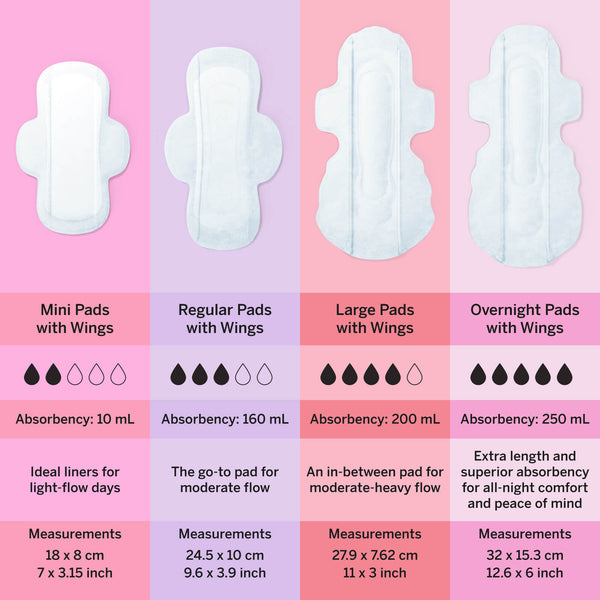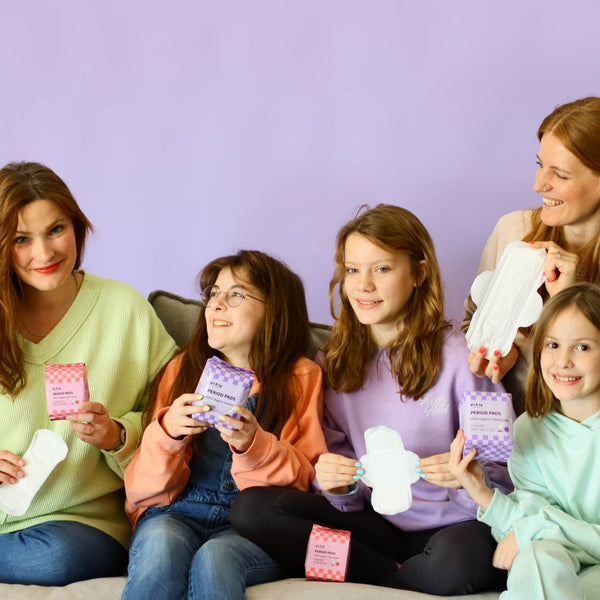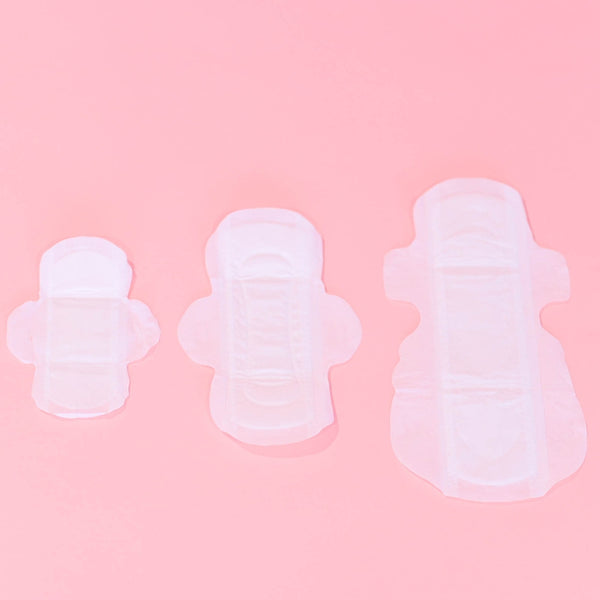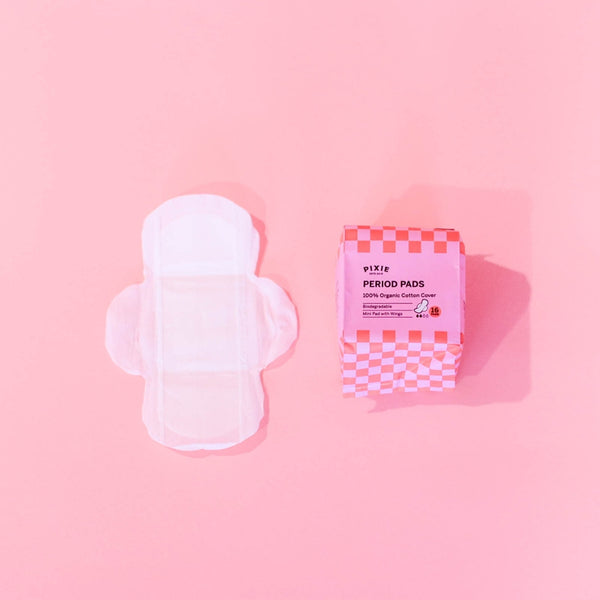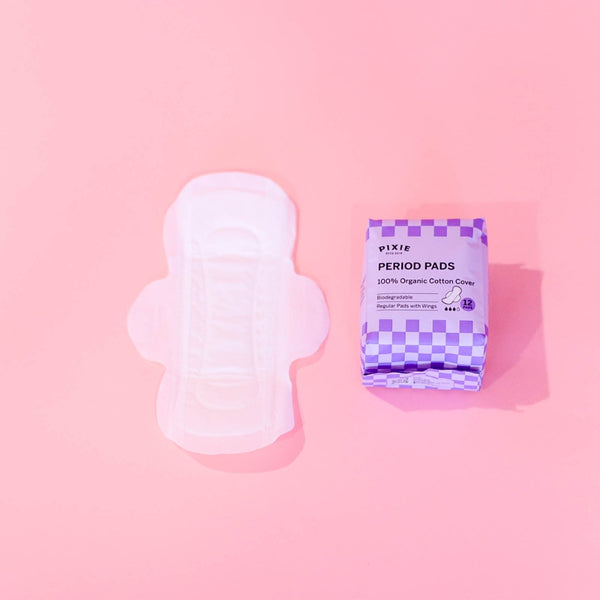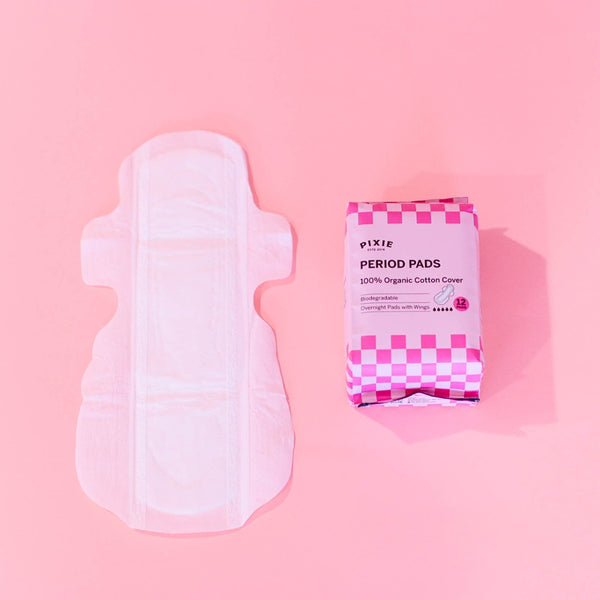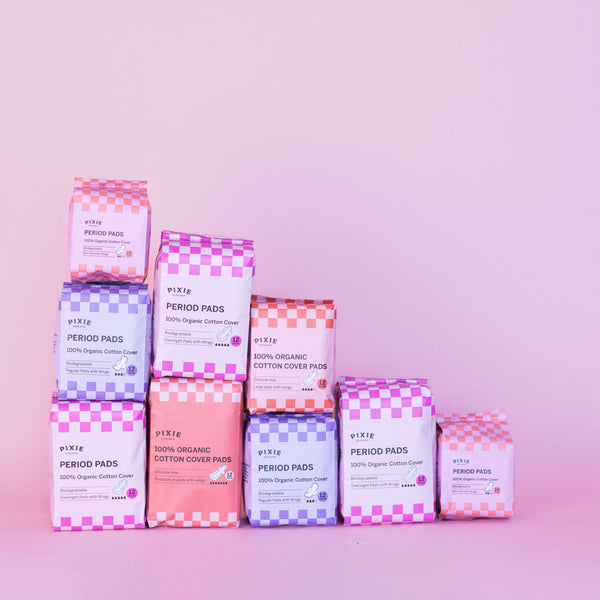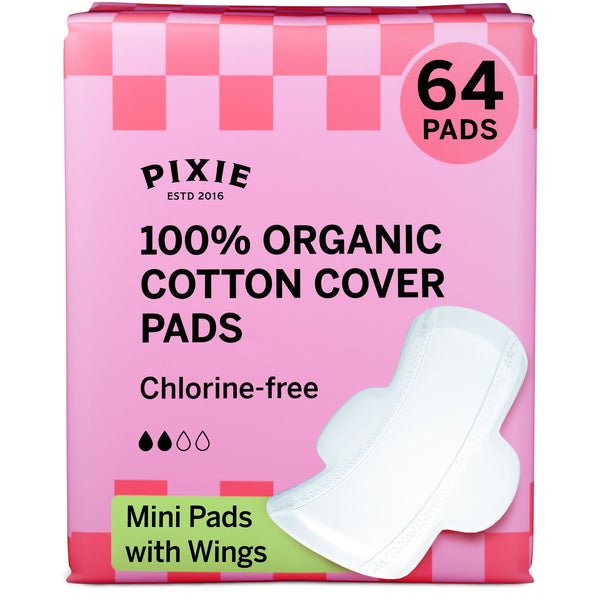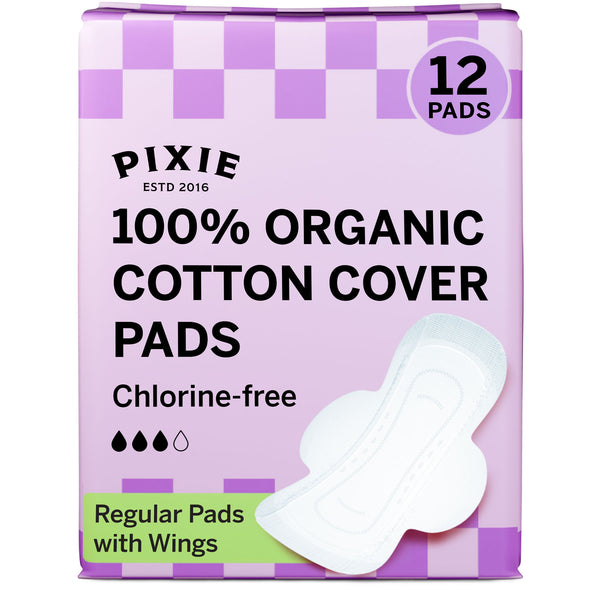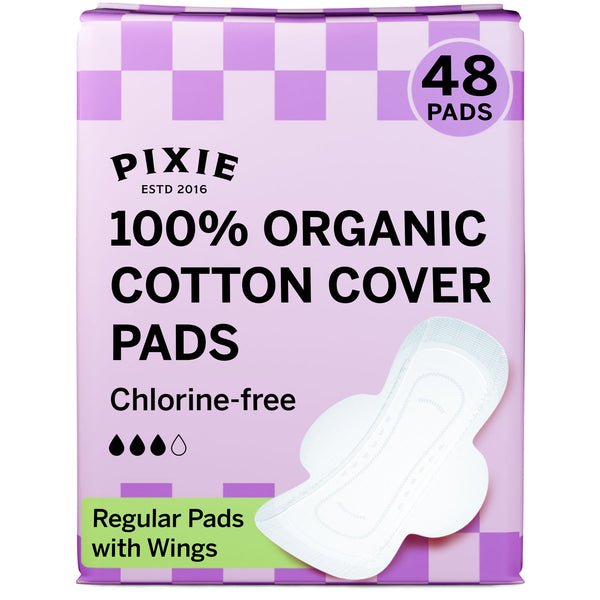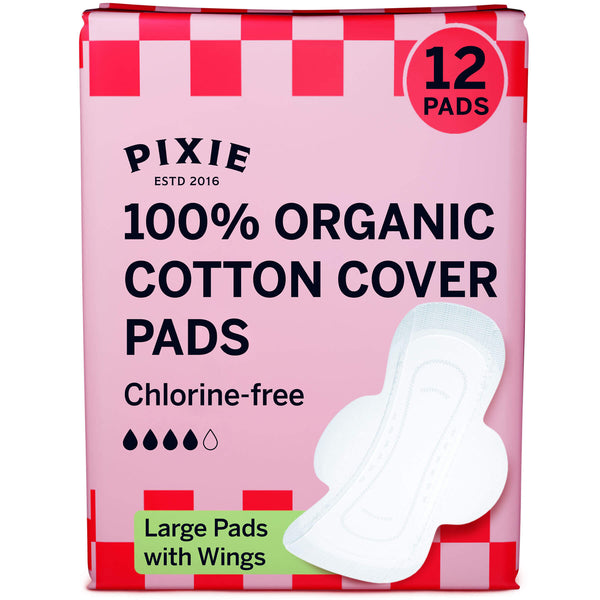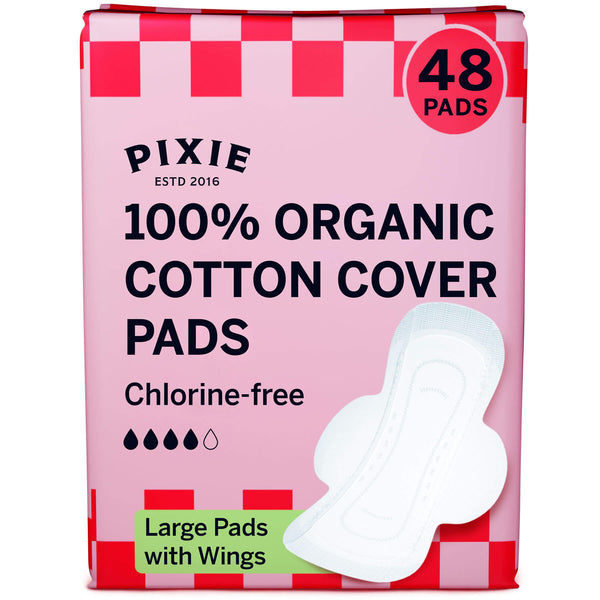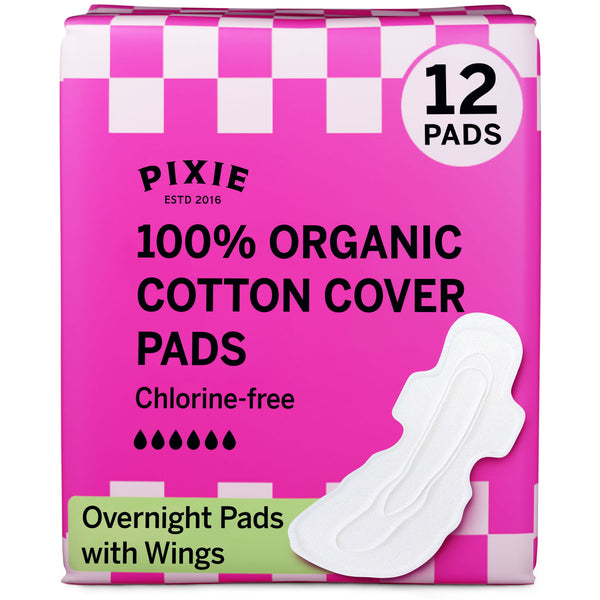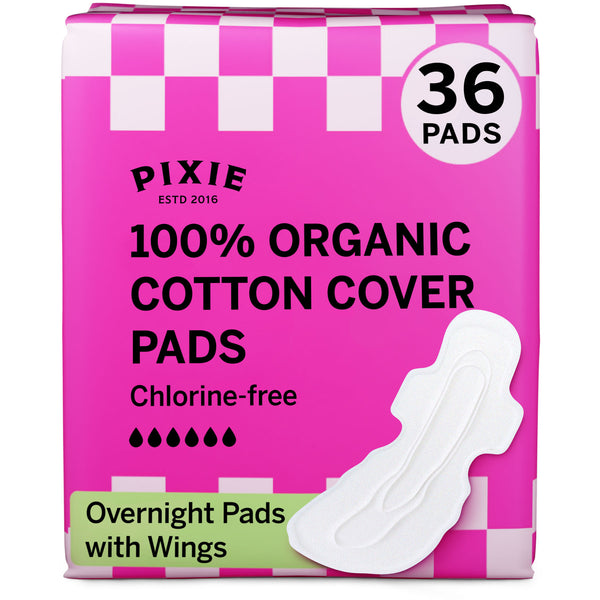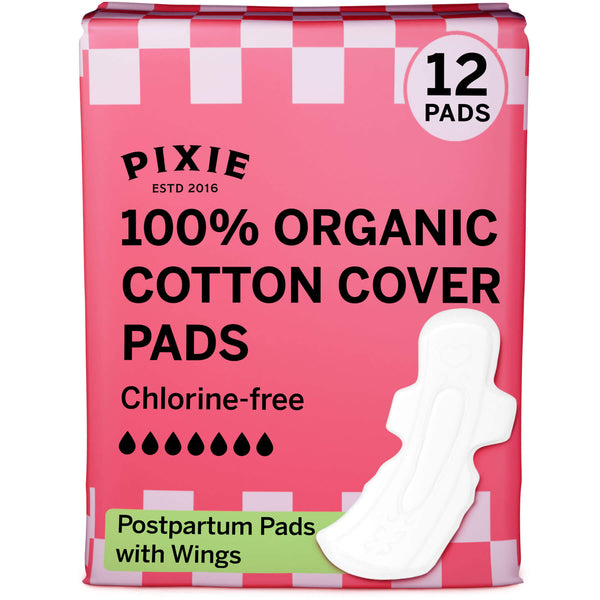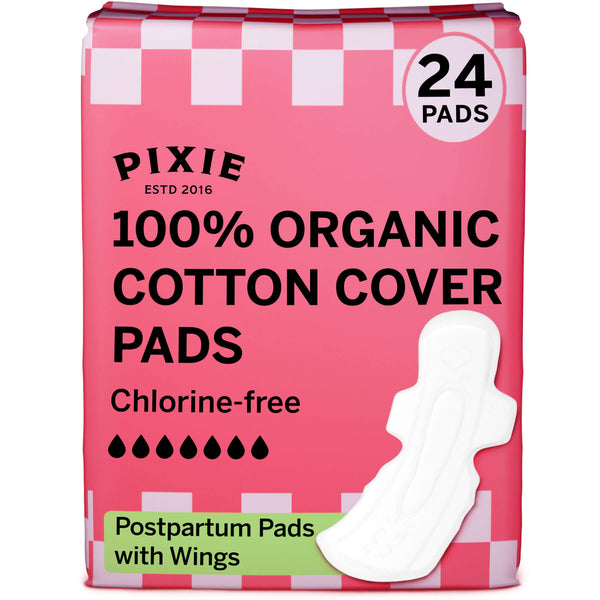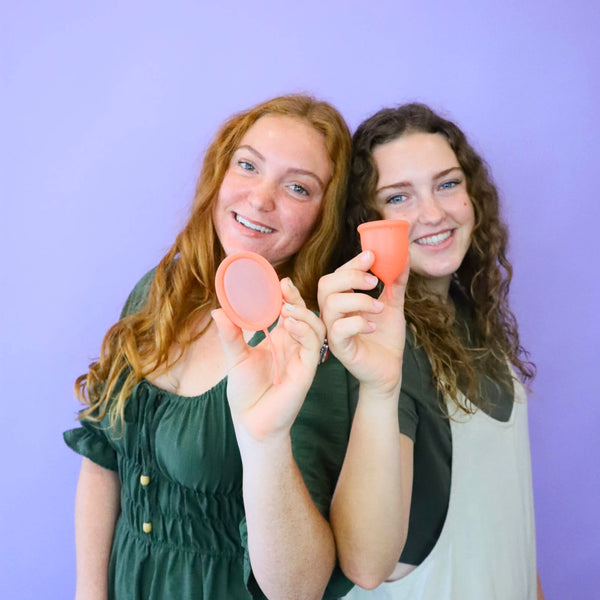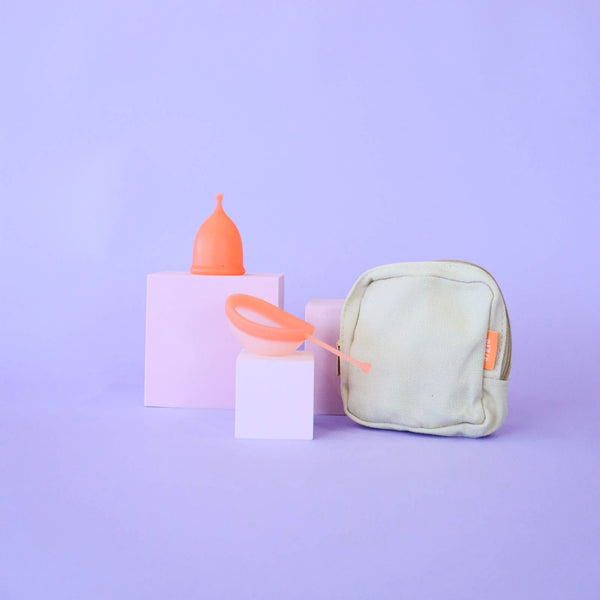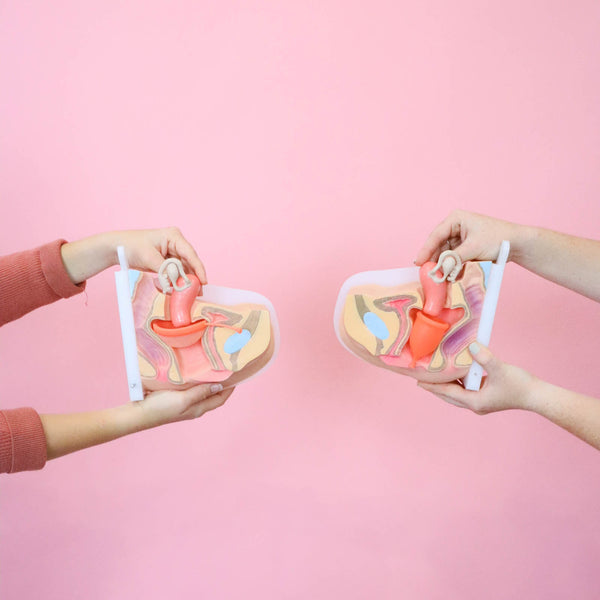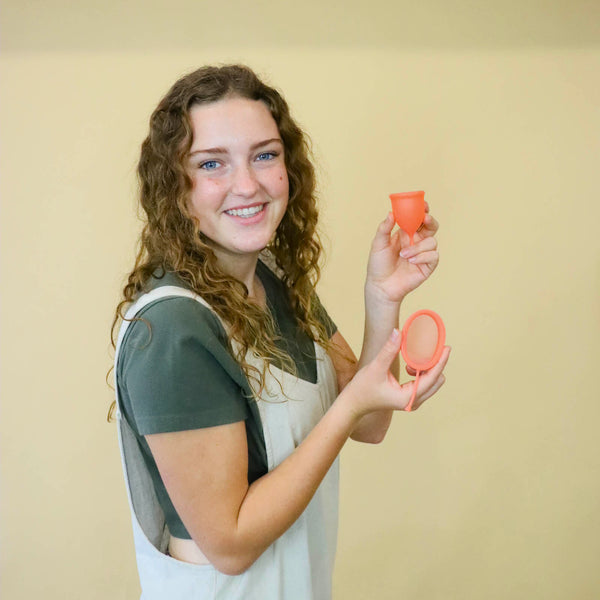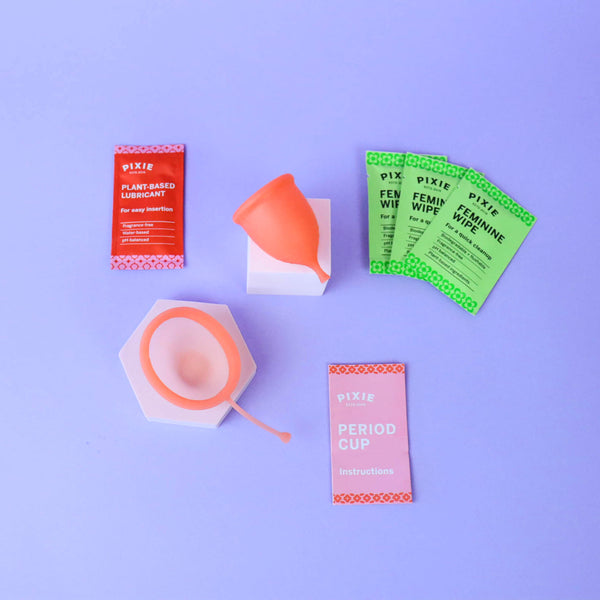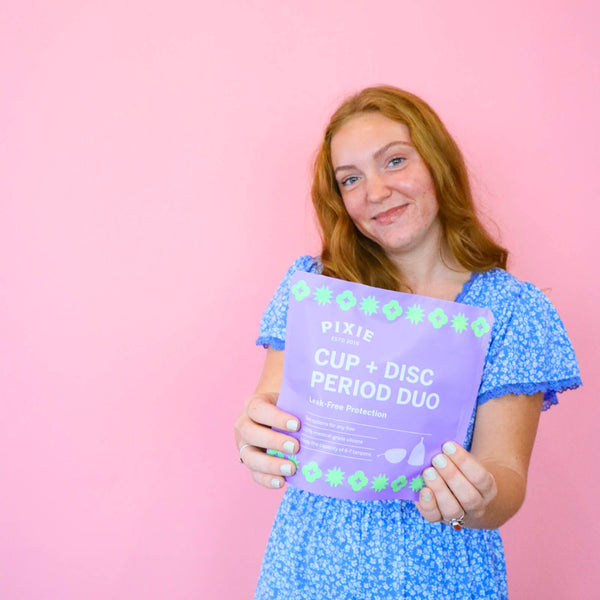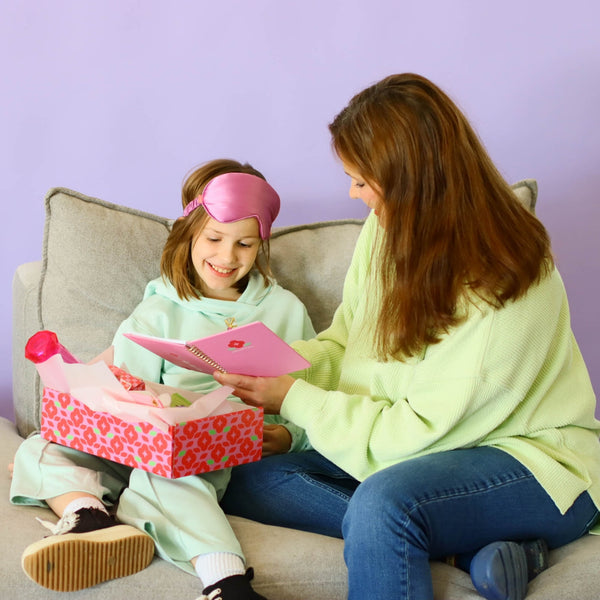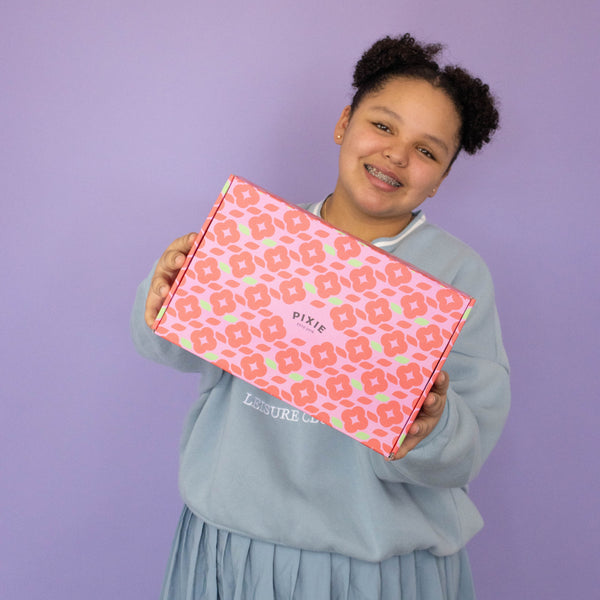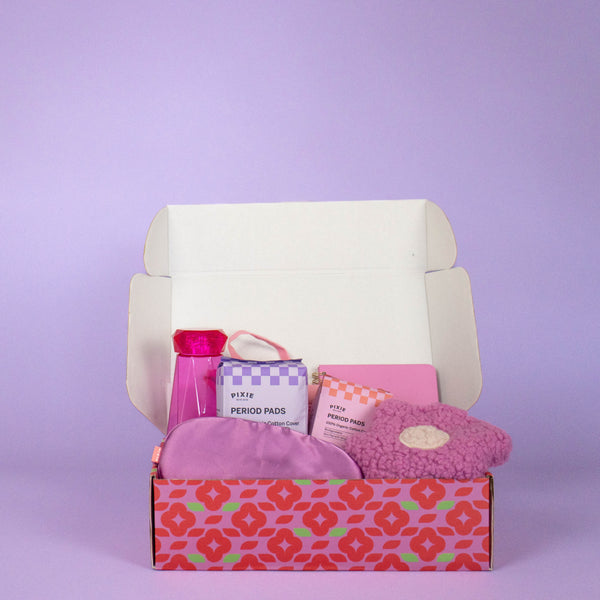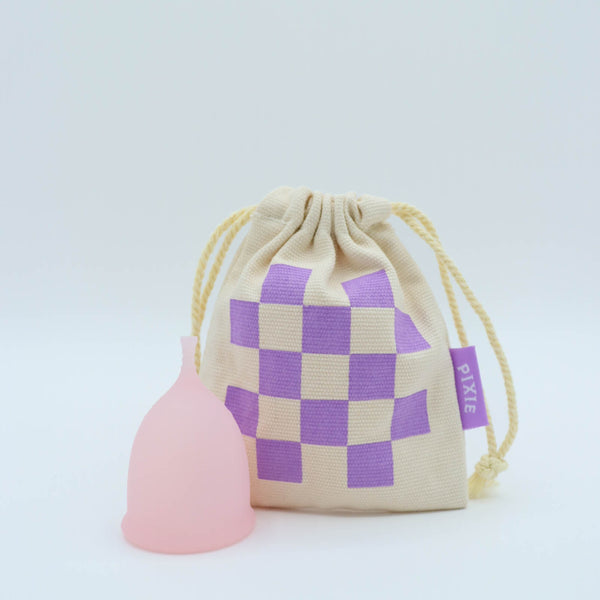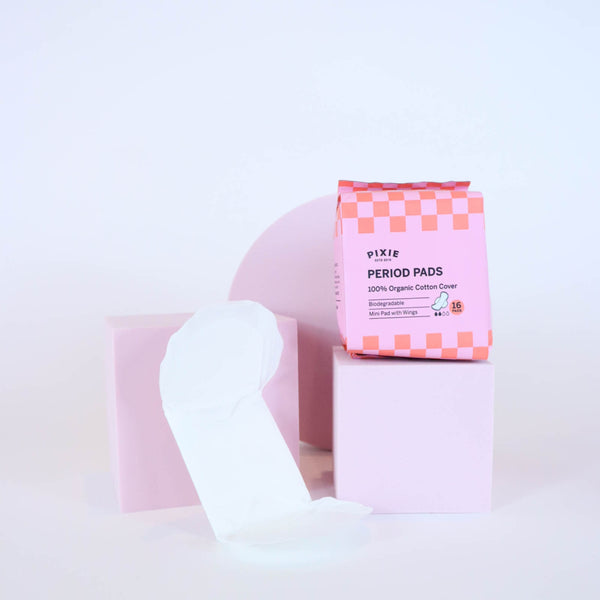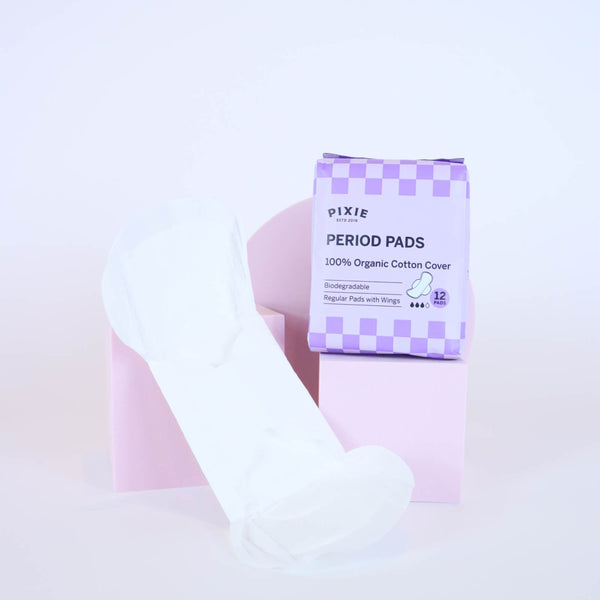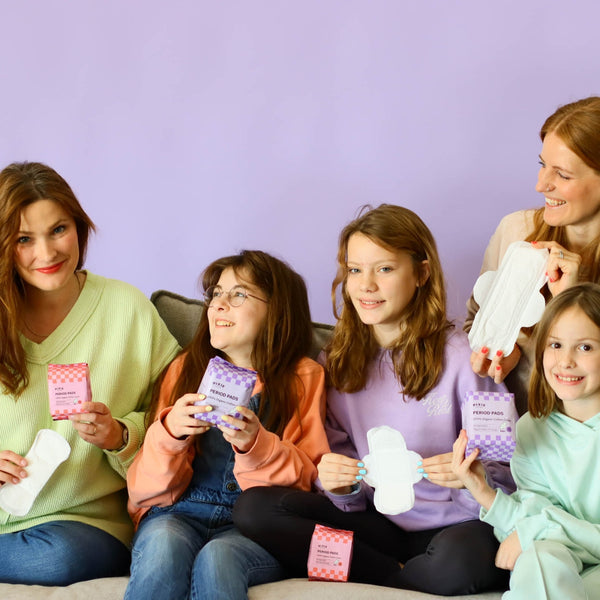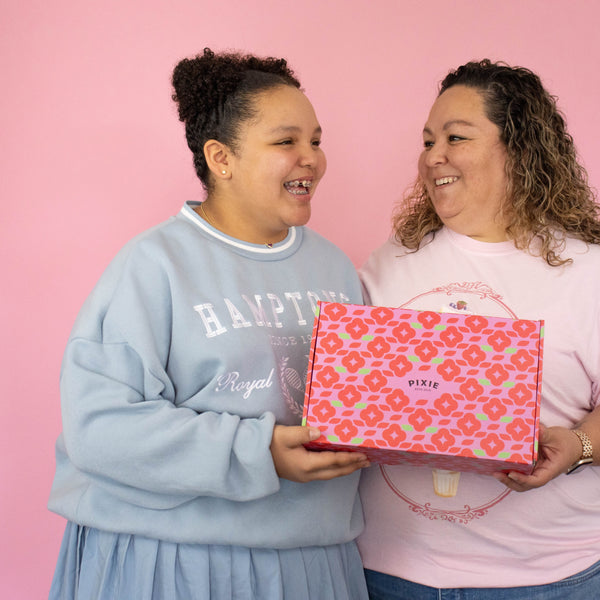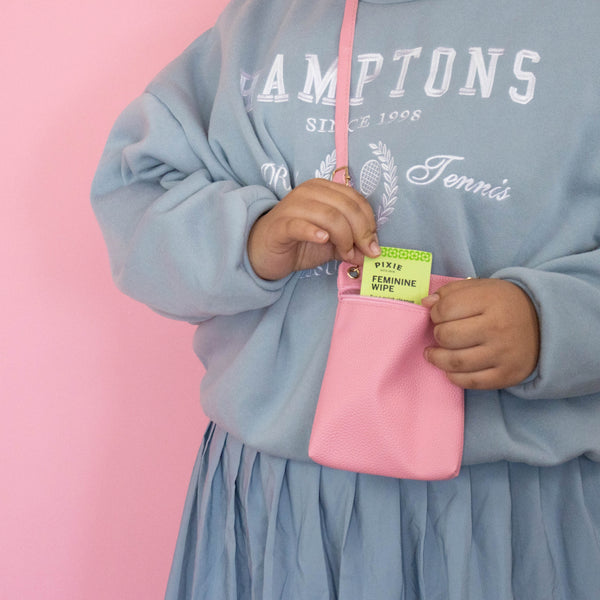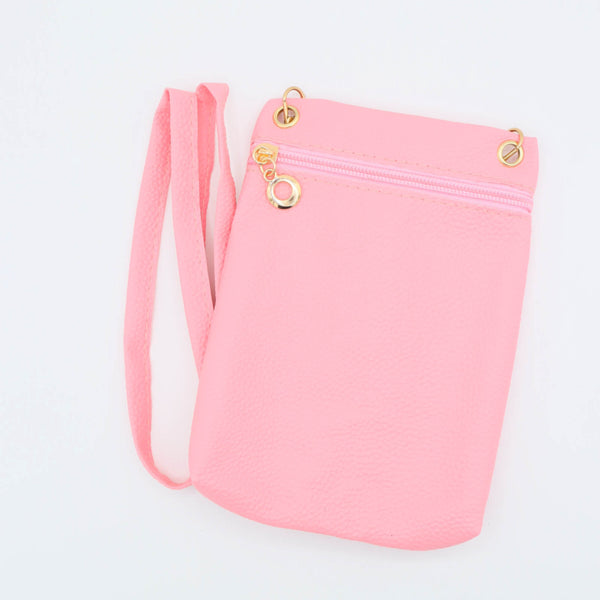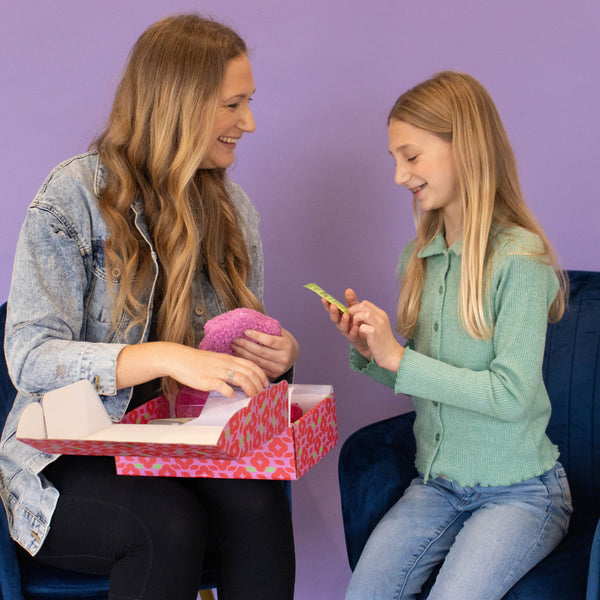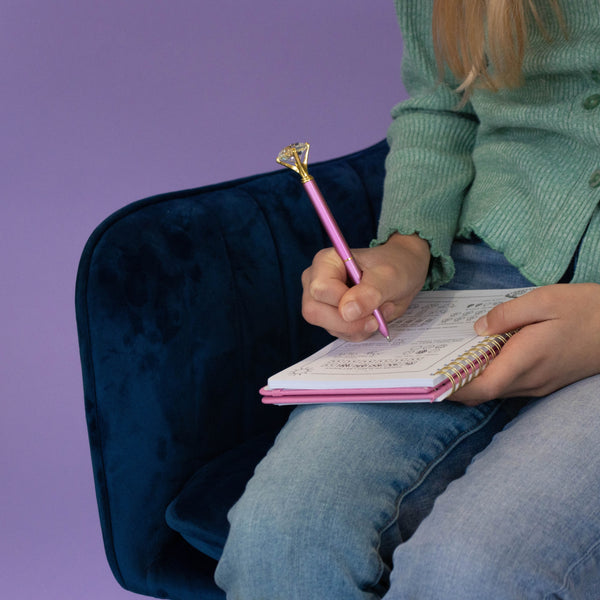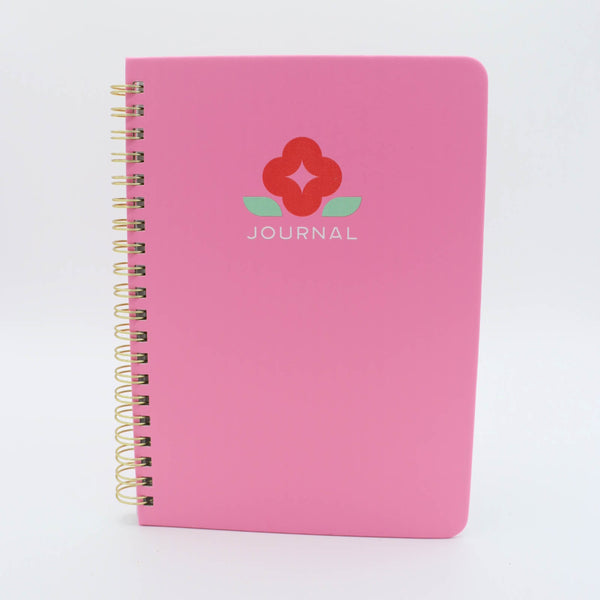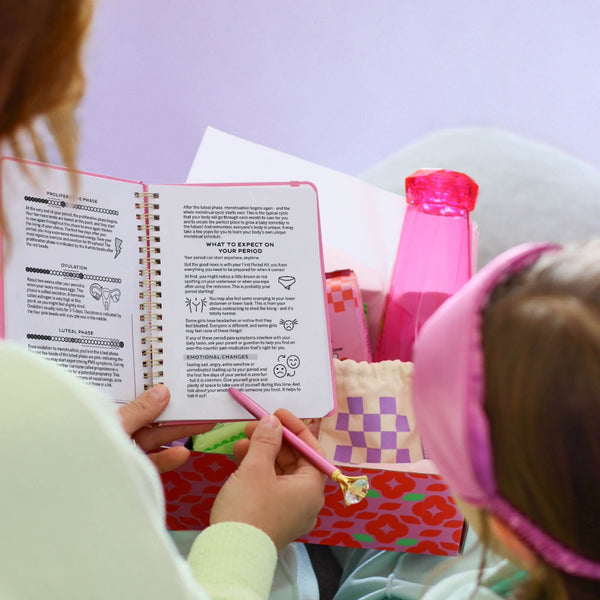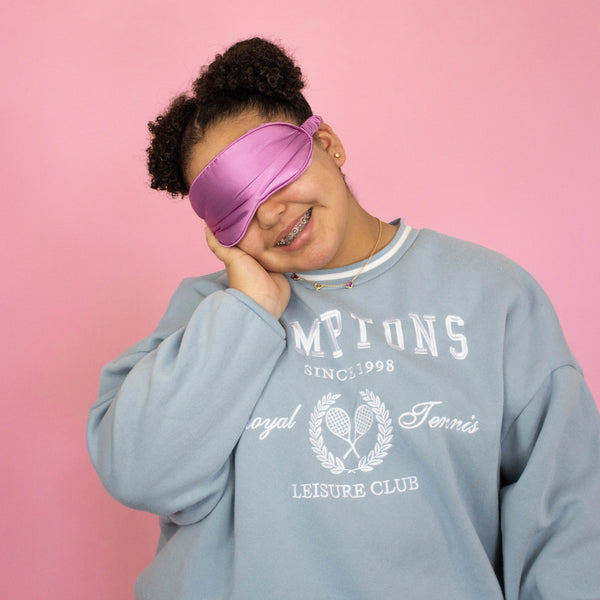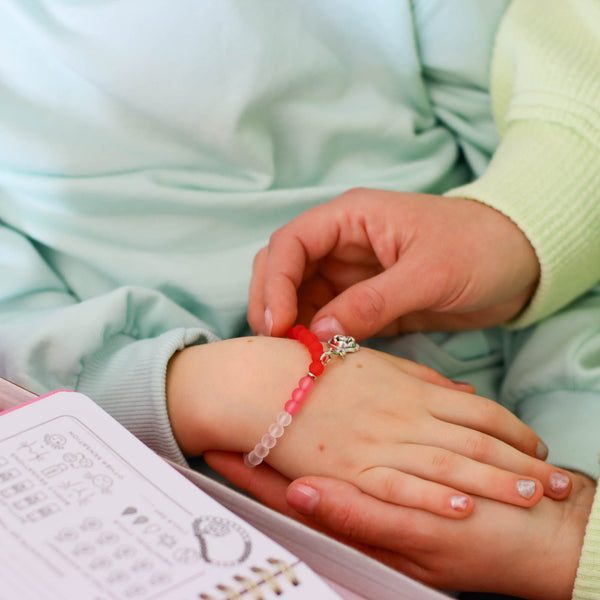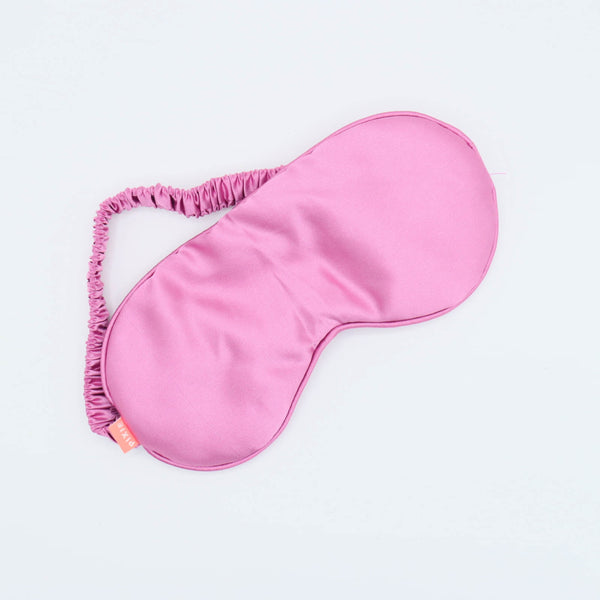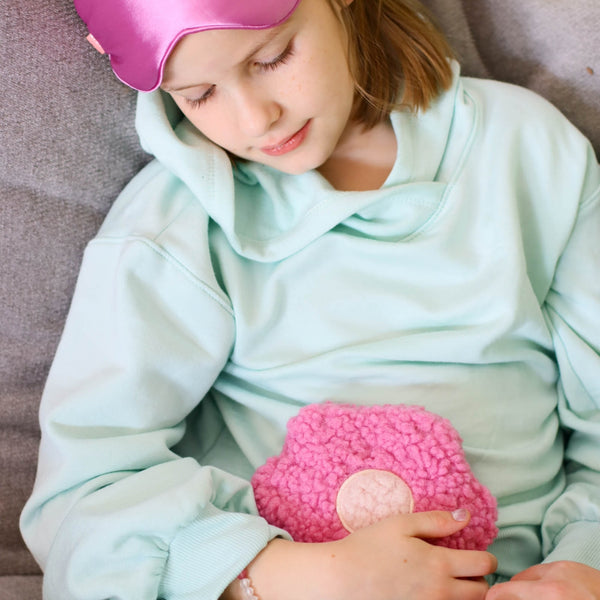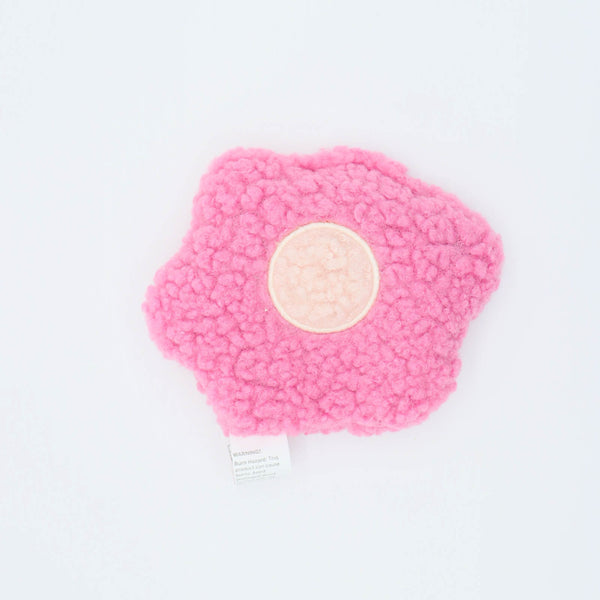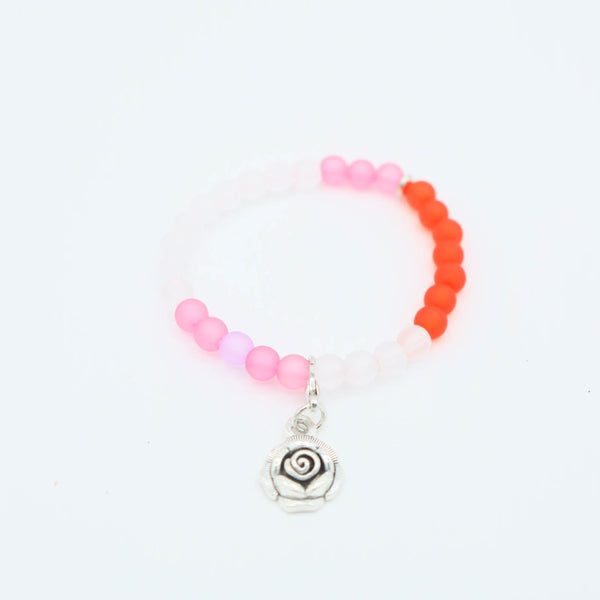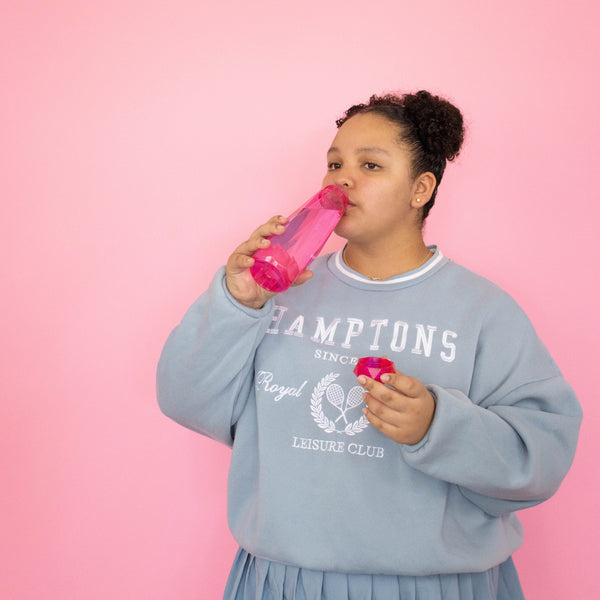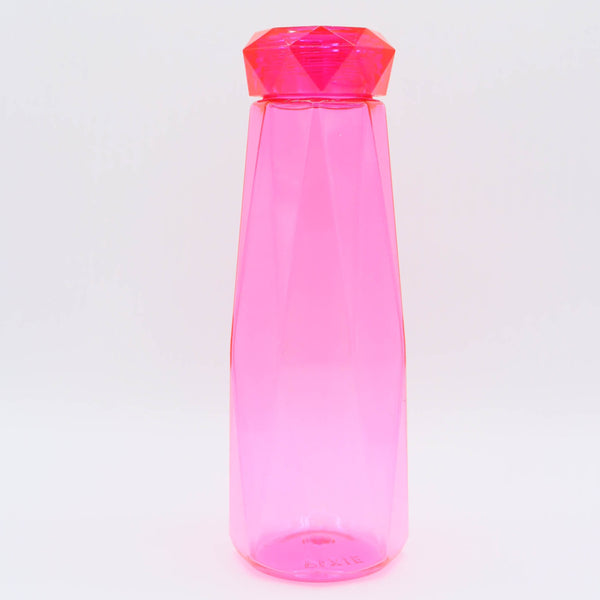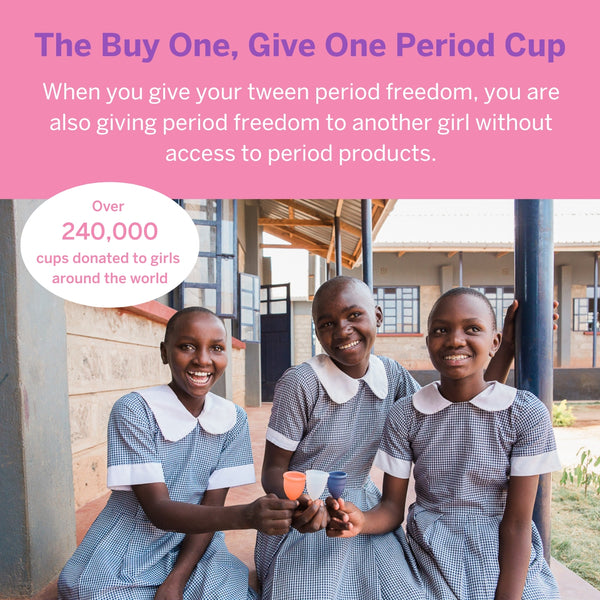Things I wish I knew about my period before I turned 25
Where were you when you started your period? How old were you? Did you feel supported. Each of us have different stories of where and when we got our first period. But most of us also have a list of things we wish we had known years earlier in our menstruation journey. Here’s my list of things I wish I knew about my period before I was 25.

It was a warm, humid weekend in Baton Rouge, Louisiana and my dad decided to take my sister and me to a Chinese Buffet down the road. As we were patiently waiting in the booth of the restaurant, my stomach started to feel funny and warm. I got up from the booth and went to the restroom where I saw this rust-colored stain in my underwear. Just 10 years old, I was an “early-bloomer,” with little exposure to conversations surrounding periods. I remember sitting there unsure of what to do, so I gathered myself, left the restroom, and told my dad I was bleeding, he looked surprised and unsure of what to do. We lived with my grandparents at this time, and I remember him having me talk to my grandmother. She attempted to educate me on what my body was doing but all I heard was “bleeding,” “blood,” and “babies.” I recall fearing this new thing that my body was doing. I felt that my body was betraying me and that it wasn’t fair that I had to bleed every month.
Now that I’m older and have learned to respect and appreciate my menstrual cycle, I would love to share all the things I wish I knew about menstruation sooner and answer commonly asked questions.
What is a period, anyway?
If you are or were anything like me, I legitimately thought having a period was a punishment for being female. I had no idea about the power of a period and I’m so glad you are wanting to take ownership of your health! Let’s start with the basics: the term period is 3-7 days of vaginal bleeding and occurs every 25-35 days. The menstrual cycle is from the first day of bleeding to the last day before your next bleeding. The menstrual cycle has distinct phases: menstruation, follicular, ovulatory, and luteal. Menstruation is the bleeding phase and is the beginning of the menstrual cycle because the first day of bleeding is considered cycle day 1 (CD1). While you are having your period, the first half of the follicular phase has already started and will continue after your period.
Follicular Phase
The follicular phase is the Hunger Games of egg selection. The brain is talking to the ovaries to mature follicles (aka eggs) and then one special follicle is chosen to continue the menstrual marathon into the ovulatory phase.
Ovulatory Phase
The Ovulatory phase is when we ovulate! Ovulation is how we make hormones and how we have healthy periods. Ovulation is when either ovary, right or left, releases an egg. This beautiful egg will travel down your fallopian tube and continue its journey into your uterus. Once the follicle has been released from the ovary, it will only survive for 12-24 hours. During those 12-24 hours, the egg can meet up with sperm and result in a possible pregnancy.
Luteal Phase
The Luteal phase starts right after ovulation. Remember when I talked about the ovary releasing an egg? Well, the casing left behind becomes the corpus luteum. The corpus luteum is what drives the Luteal phase because it is producing progesterone. Progesterone is keeping the uterine lining thick and cozy for a fertilized egg to implant and possibly result in a pregnancy. If egg and sperm never met up, then no egg will implant into the uterine lining and the corpus luteum will stop making progesterone. Once the corpus luteum stops making progesterone, you will have a period again in 10-16 days to shed that lining.
Wow, this is just the tip of the iceberg, but aren’t our bodies amazing?! The hormonal harmony is so beautifully executed, but it is also easy to see why our environment, lifestyle, and health can influence our menstrual cycles. Our menstrual cycles are intricate but do not have to be complicated.
Do I need to have a period?
There are doctors and healthcare professionals out there that will tell you that having a period is unnecessary. But once you learn about the benefits of a healthy and regular menstrual cycle, it’s hard to deny the necessity of having a period. Throughout the phases of the menstrual cycle, different hormones are produced. A very important hormone is progesterone, and progesterone is only produced when we ovulate. Progesterone is our “keep calm and carry on” hormone. Progesterone enhances sleep and mood, protects our bones, and has anti-aging effects! We can also applaud progesterone for keeping our period light and reducing inflammation. The list can go on for the benefits of progesterone. So, just to re-iterate… we only ovulate with a natural cycle, and ovulation is the only way we produce progesterone naturally.
Teen Periods?
The average age to start having periods is 13, but can range from 10-16 years old. The early menstrual cycle years will be ebb and flow. The body is still carving out the hormonal rivers and figuring this new normal out. So you may experience some irregularity in the first few years. This is why it is wise to reason thru the timing of hormonal birth control. Starting birth control to “fix periods” in the early years may be too hasty when all you may need is a little more time. Your reproductive years (20-45 years old) should render more regularity.
How long should my menstrual cycle be?
Let’s get rid of the “perfect 28-day cycle.” Very few women have a perfect 28-day cycle with ovulation on cycle day 14. The average cycle length is 29.5 days, but a healthy cycle can range from 25-35 days in length. Cycles that consistently fall outside of this 25-35 day range can indicate hormonal issues and should be mentioned to your primary care provider. I want to challenge you to think about the consistency of your cycle rather than the length of your cycle. For example, my cycle ranges from 33-35 days in length consistently. As Nicole Jardim puts it, “the goal is to have cycles that fluctuate by only 2-3 days.” If one month is 25 days, then 32, then 28, then 30, then 27, this would indicate some hormonal stress even though they all fall within “normal” length, it’s not consistent from cycle to cycle.
How much blood am I losing?
Measuring the amount of blood loss is a little difficult if you are not using a Pixie Cup or Pixie Disc, but it can be measured in other ways. The average blood loss is 60 ml or less which is about 4 tablespoons. A soaked regular tampon and pad will hold approximately 5 ml of blood, but this is dependent on the brands used and other factors, so the best way to measure is using reusable menstrual cups or discs. Something to consider when measuring blood loss is that you are not just losing blood. You are losing uterine lining tissue, small clots, and other fluids that can skew the numbers. Again, the important thing is consistency. For example, I bleed for 5 days and will measure 80 ml of “menstrual fluid” in my Pixie Cup each period. This is my normal and it’s consistent even though it’s slightly outside of the average. It’s vital that you pay attention to your period and what your unique body is doing because if you notice something outside of your normal, you will have the appropriate information to bring up to your primary care or OBGYN.
Clots?
When I started having periods, I only used pads. I remember so vividly one period, I was going to change my pad and noticed this “clump” on the pad. It freaked me out! I was only living with my dad at this time and felt too embarrassed to tell him about it, so I stayed scared thinking something was wrong with me. The truth is that what I was perceiving as life-ending blood clots were no big deal at all. The reason some clots form is that when your flow is heavier and fast-moving, the body’s natural anticoagulants don’t have time to thin out the blood. When it comes to clots, It’s all about the size and how many you see. There should only be a few and should be smaller than the size of a dime. The overall consistency of your period should be like maple syrup, not too thin or too thick. If you are experiencing a lot of clots or large clots, please talk to your healthcare provider.
My period looks dark red, is that normal?
Menstrual blood can range in color. When blood is exposed to air, it oxidizes and will turn more brown in color. When the blood is newer and fast flowing it will be brighter red. If you are using a pad, and the blood has sat longer, then it may appear browner. When I empty my Pixie Cup, the blood is dark ruby in color because it has not been exposed to air before removal. You may also notice brown spotting right before your period and at the end of your period because it is slower moving at those times.
Affording Menstrual Products
I don’t know about you, but I was BROKE in high school and college, and I had to afford menstrual care products EVERY CYCLE! First, I struggled with tampons, I never seemed to find a brand I loved, and the risk of Toxic Shock Syndrome was always in the back of my mind. Tampons also dry out the mucous membranes of your vagina causing tissue irritation. I did not like pads, because they made me feel uncomfortable, and I would change them so often which resulted in me spending more money. Also, pads were not very conducive for a high school volleyball and soccer player. I wish someone would have told me about menstrual cups in high school! So, I’m telling you now!
Menstrual Cups
Menstrual cups are these little silicone cups that are inserted into the vagina. Pixie Cup uses medical-grade silicone, so it is safe to be inserted. Menstrual cups can be safely left in for 12 hours! Read that again…. 12 hours! I am a nurse that works 12-hour shifts with very little time to sit down, so the comfort of wearing a menstrual cup and knowing I won’t bleed thru is such a blessing! Menstrual cups are reusable, so it saves you money and it is more environmentally friendly. The Pixie Cup holds 30ml of menstrual fluid which would be equal to 6 regular tampons or pads! Pixie Cup has several cup sizes to choose from and they even have teen-sized cups! They also sell reusable menstrual pads and other accessories to choose from.

Pixie Cup is committed to creating the most comfortable, leak-free period protection for every unique anatomy. Use code PIXIEBLOG to get 10% off your first order!
Period Tracking
Another thing I wish someone would have told me in my early menstruation years is period tracking. Period tracking is exactly what it sounds like, tracking your period. How many times have you gone to the doctor and they ask.. “last period?”… and you blankly stare up at the wall trying to remember? Well, with a period tracking app, you will never have to stare blankly at the wall again.
Period Tracking Apps
There are several period tracking apps out there and you can choose the best for you. I currently use Temp Drop. Period tracking apps can be as little or as much as you want them to be. You can track the number of days of bleeding, amount of blood, cervical fluid, pain, mood, symptoms, basal body temperature, and more. Period tracking is the best way to stay connected to your cycle and has valid information when you meet with your primary care provider.
You are not alone.
Society will make you believe that menstruation is gross and you shouldn’t talk about it in public. I still catch myself whispering when I talk about my period. How silly, right? It’s natural, beautiful, and so empowering to know what my body is capable of. So, you are not alone, you are not gross, you are not broken, you are not less than, you are strong, you are beautiful, you are powerful, you are capable, and you are wonderfully made.
Tell us your first period story in the comments below!
Our Top Picks For You
-
Period Disc & Applicator Kit
![]()
- Regular price
- $35
- Sale Price
- Regular price
-
$55 - $35
- Unit price
- per
Sold out -
Reusable Organic Cotton Pads
![]()
- Regular price
- $25
- Sale Price
- Regular price
-
$34 - $25
- Unit price
- per
Sold out -
Disposable Organic Cotton Pads
![]()
- Regular price
- $7
- Sale Price
- Regular price
-
$9 - $7
- Unit price
- per
Sold out -
Combo Disc + Applicator Bundle
![]()
- Regular price
- $39
- Sale Price
- Regular price
-
$49 - $39
- Unit price
- per
Sold out


